| Respondent type | Report taxonomy | Definition |
|---|---|---|
| Founder / co-founder | First-time founder | Self-reported first-time founder |
| Founder / co-founder | Repeat founder | Self-reported repeat founder with limited experience in scaling own company (e.g. did not scale customer base, did not scale team, or did not exit) |
| Founder / co-founder | Experienced repeat founder | Self-reported repeat founder with significant previous experience in scaling own company (e.g. built a large customer base, scaled team, or achieved an exit) |
| Executive | C-Level | C-level executive at a tech startup or scaleup |
| Executive | Department head | Department head at a tech startup or scaleup (e.g. head of product, people, sales etc…) |
| Employee | Tech employee | Employee at a tech startup or scaleup |
| Employee | Non-tech employee | Employee / manager outside the tech sector |
| Investor | VCs | Venture capital investor |
| Investor | Angels | Angel investor |
| Investor | LPs | Limited partners investing in Private Equity & Venture Capital funds with a focus on tech |
Let us take a bow. . .
Thank you for engaging with our report! Let us take a moment to pull back the curtain and give you a sense of 'the making of' this tome (or series of many webpages) you have just perused. Sneak peak: this is an endeavour borne of serious partnership and collaboration across the ecosystem and we are so grateful for all the people who make this happen.
The State of European tech is a massive endeavour
And our partners make it possible. The data, insights, humanpower, passion, and deep expertise represented below make it possible to build this report and make it the definitive take on European tech. From massive data-rich spreadsheet deliveries, to detailed collaborative analysis work, to content reviews from literal battlefields: a huge 'hats off' to our amazing partners.

Dealroom is a global company information database & research firm. Its software, database and bespoke research enable its clients to stay at the forefront of innovation, discover promising companies and identify strategic opportunities. Among its clients are world-leading strategy consulting firms, investment banks, multinationals, technology firms, venture capital & buyout firms and governments. For more information, please visit: dealroom.co
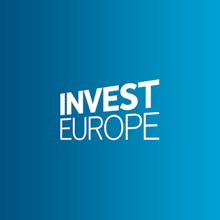
Invest Europe is the association representing Europe’s private equity, venture capital and infrastructure sectors, as well as their investors. We have over 620 members, split roughly equally between private equity, venture capital and limited partners – with some 100 associate members representing advisers to our ecosystem. Those members are based in 57 countries, including 42 in Europe, and manage 70% of the European private equity and venture capital industry’s €846 billion of assets under management. Businesses with private capital investment employ 9.9 million people across Europe, 4.3% of the region’s workforce. Our members take a long-term approach to investing in privately held companies, from start-ups to established firms. They inject not only capital but dynamism, innovation, and expertise. This commitment helps deliver strong and sustainable growth, resulting in healthy returns for Europe’s leading pension funds and insurers, to the benefit of the millions of European citizens who depend on them. Invest Europe aims to make a constructive contribution to policy affecting private capital investment in Europe. We provide information to the public on our members’ role in the economy. Our research provides the most authoritative source of data on trends and developments in our industry. Invest Europe is the guardian of the industry’s professional standards, demanding accountability, good governance and transparency from our members. Invest Europe is a non-profit organisation with 27 employees in Brussels, Belgium.

At S&P Global Market Intelligence, we understand the importance of accurate, deep, and insightful information. Our team of experts delivers unrivalled insights and leading data and technology solutions, partnering with customers to expand their perspective, operate with confidence, and make decisions with conviction.
S&P Global Market Intelligence is a division of S&P Global (NYSE: SPGI). We are the world’s foremost provider of credit ratings, benchmarks, analytics, and workflow solutions in the global capital, commodity, and automotive markets. With every one of our offerings, we help many of the world’s leading organizations navigate the economic landscape so they can plan for tomorrow, today.
For more information, visit spglobal.com/marketintelligence

Lazard, one of the world's preeminent financial advisory and asset management firms, operates from 41 cities across 26 countries in North, Central and South America, Europe, Asia and Australia. With origins dating to 1848, the firm provides advice on mergers and acquisitions, strategic matters, restructuring and capital structure, capital raising and corporate finance, as well as asset management services to corporations, partnerships, institutions, governments and individuals. For more information on Lazard, please visit www.lazard.com. Follow Lazard at @Lazard.

Extend Ventures is a collective of business, finance and research specialists who came together in 2019 to use the power of big data and machine learning to democratise access to Venture Capital.
Driven by the maxim that what isn’t measured doesn’t change, Extend Ventures provides irrefutable evidence of bias, unconscious or otherwise, in the Venture Capital sector in how funding is allocated. With its seminal 2020 research report Diversity Beyond Gender, Extend Ventures examined 10 years of Venture Capital funding in the UK and found glaring disparities in access to funding across key identities: gender, ethnicity and class.
For Extend Ventures, this represents huge untapped economic opportunity for the UK and substantial unrealised financial returns for investors alongside the wasted potential of a talented cohort of entrepreneurs. In addition to its ground-breaking research results, Extend Ventures uses its highly respected analytical skills, access to data and broad network of stakeholders to advocate for:
- The creation of a collaborative Black and Minoritised Ethnic business ecosystem
- The emergence of VC funds of significant size to support diverse founders from Seed through to Series B/C
- The adoption of an Investing in Ethnicity Code to align with the Investing in Women’s Code
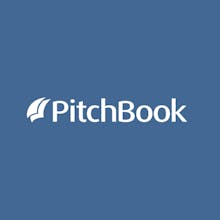
PitchBook is a financial technology company that provides data on the capital markets to help professionals discover and execute opportunities with confidence and efficiency. We collect and analyze detailed data on the entire venture capital, private equity and M&A landscape—including public and private companies, investors, funds, investments, exits and people. Our data and analysis are available through our suite of products (the PitchBook Platform), industry news and in-depth reports.

POLITICO, a global nonpartisan politics and policy news organization, launched in Europe in April 2015 and is a subsidiary of Axel Springer SE.
POLITICO Pro is the exclusive subscription service for organizations seeking forward-looking granular policy insights, breaking news scoops and in-depth analyses – all within the ultimate policy intelligence platform – with access to an unparalleled public affairs network.
With operations based in Brussels and additional offices in London, Berlin and Paris, POLITICO connects the dots between global power centers. Its journalism lives online at politico.eu; in POLITICO Pro, the real-time policy intelligence service for professionals; in daily and weekly newsletters, such as Brussels Playbook, London Playbook and Playbook Paris; in print via a weekly newspaper; and through live events.
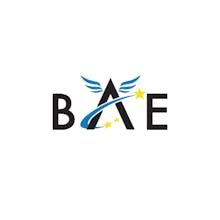
Business Angels Europe (BAE) is the European Confederation of Angel Investing, representing the most active and developed European Business Angels' Federations and Trade associations in Europe. Business Angels are those investors who invest directly during the earliest phases of startups, and contribute not only with their money, but also mentor the startup with their expertise, experience and network. BAE’s objectives are to create a connected ecosystem for angel investing across the continent, working with key players across the finance and business marketplace. Furthermore, we work to ensure a supportive fiscal and regulatory framework in all of our member’s countries. We also strongly promote diversity within the angel market and celebrate the role of angel networks as being the core infrastructure for early stage finance for Europe’s innovative startups. Finally, within the association, the “BAE Club” brings together the most active Business Angel Networks and syndicates from around the European continent, reflecting a reliable pulse of the visible European angel market. Within the BAE Club, the 19 angel networks actively work together to share deals across borders and to share best practices.
Please find more information at www.businessangelseurope.com/ or at www.linkedin.com/company/businessangelseurope/.

Craft is building the ‘Source of Truth’ on companies, mapping the global economy, and delivering unique intelligence on companies to corporate decision-makers globally. Craft collects, aggregates and curates financial, operating and human capital data to provide the deepest picture of private and public companies to assist decision-makers to manage their supply chain, maximize their investments, mitigate risks, grow their sales, leverage their talent and enhance their competitive position.
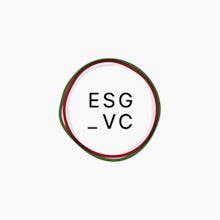
ESG_VC is a network of more than 175 VC firms across the UK and Europe that seeks to enable early-stage companies to understand, measure, and improve their ESG performance. The initiative was launched in 2021 by a steering group of funds that is chaired by Beringea. The BVCA supports the initiative and acts as a neutral partner for data collection purposes.
The support provided by ESG_VC is structured into three core areas of activity: a free measurement framework for benchmarking the ESG performance of early-stage companies; an annual programme of workshops and training events for VCs and their portfolio companies; and free resources to help companies embed ESG processes and policies.
Members of the ESG_VC Steering Group include Seedcamp, Astanor, Atomico, Talis, Lakestar, Par Equity, Social Value Portal, and the BVCA. An additional thank you to all the funds that contributed data to the ESG_VC research, including Astanor Ventures, Balderton, Beringea, Cambridge Innovation Capital, Clarendon, Conviction VC, Lakestar, Mercia Asset Management, Molten VC, Top Technology Ventures and Volution.

More people find jobs on Indeed than anywhere else. Indeed is the #1 job site in the world and allows jobseekers to search millions of jobs on the web or mobile in over 60 countries and 28 languages. More than 300 million users each month search for jobs, post resumes, and research companies on Indeed. For more information, visit indeed.com.

Mapverse supports movements towards equity and sustainability by furthering our knowledge on the challenges faced by different communities, regions and industries. From organisational demographics to global legal frameworks, we design rigorous research methodologies to gather macro and granular, qualitative and quantitative data making it available to those looking to enable positive change.
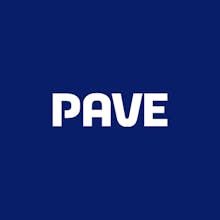
Pave is the world's largest provider of real-time compensation benchmarks. We partner with 200+ investors and 4,000+ companies to to offer free cash and equity benchmarks from 500,000 individual data points across the US and UK. Joining Pave and accessing the data takes less than 10 minutes. Learn more and join Pave at www.pave.com/products/compensation-benchmarking-data

PredictLeads provides structured company intelligence data indicative of company performance. Using PredictLeads data, sales teams can target prospects in their buy mode and better personalise their outbound messaging. Investment companies use the data to identify new companies gaining traction and to better track known ones. PredictLeads provides news data, hiring intent, technographics, and more.
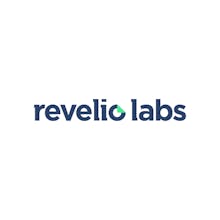
Revelio Labs provides workforce intelligence. They absorb and standardise hundreds of millions of public employment records to create the world's first universal HR database, enabling a view into current workforce composition and trends of any company. Their customers include investors, corporate strategists, HR teams, and governments.

Specter is an alternative data company that caters to venture capital firms, private equity firms, and hedge funds. We focus on providing actionable signals that help our clients make informed investment decisions. Our team of data scientists and analysts are experts at uncovering insights from large and complex datasets, providing our clients with a competitive edge in the ever-changing world of tech. Whether you’re looking to gain a better understanding of market trends, or to identify new investment opportunities, Specter has the tools and expertise to help.
For more information please visit: tryspecter.com
Twitter: @SpecterHQ
Linkedin: https://www.linkedin.com/company/specterhq/

Spinout.fyi seeks to empower university inventors to form companies from their research. They host the largest open dataset on spinout deal terms that is crowdsourced from hundreds of spinouts around the world. This dataset brings transparency for future founders and is used by policymakers, universities, investors and funders to revamp the spinout playbook.
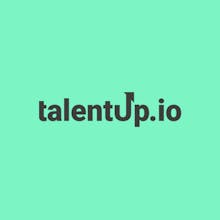
TalentUp is a talent market data provider using the power of big data and machine learning to create salary models for +200 roles in +90 locations worldwide. TalentUp's global salary platformenables clients to view salaries for the global market at a local level and discover promising talent markets. It helps decision-makers in companies to make strategic HR decisions and enhance their competitive position. For more information visit: www.talentup.io
One of the pillars of the State of European Tech report is community.
This year, over 40 of the most insightful and informed individuals in European tech ecosystem have lent their voices for a series of qualitative interviews. Thank you to everyone for sharing your exceptional insights and helping us build the best report yet.
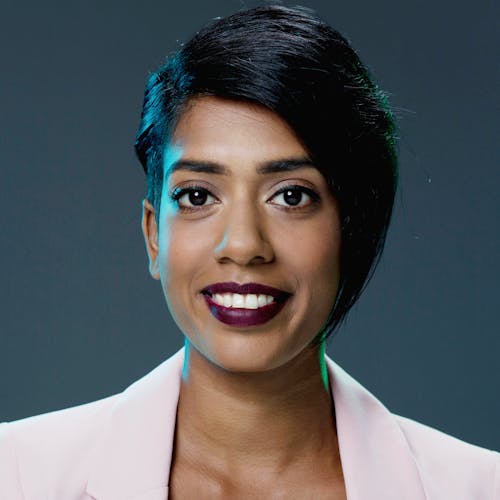
Europe is a melting pot of ideas, cultures and ways of implementation and it is a real benefit to be able to tap into this. I understand many businesses are struggling right now, and that means that critical priorities come into play. However, I would urge people to remember that the decisions we make now have continuous lasting impacts, and we need to spend, even if just a moment, to recognise the potential diversity debt we end up with if we don’t embed friction into our decision making.

One avenue to do this could be through the launch of national pro-spinout policies. This will help translate R&D investments and the downstream scientific discoveries into companies that have a tangible positive impact on our everyday lives. AI, biotech, quantum computing and energy independence are technologies and sectors that are critical for our future. They all require a combination of the world-class research that's undertaken in Europe’s universities alongside high-energy entrepreneurial drive. Governments need to be more intentional in empowering this unique talent to thrive if they want to create the next generation of durable unicorns here in Europe.
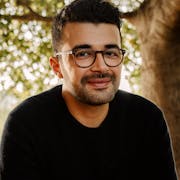
The challenges facing founders in Europe are similar to the challenges facing founders anywhere right now: how can they successfully adapt to endure? While the economic circumstances are undeniably challenging, we know from the past that some of the most legendary companies will emerge from times like these. The ones who don’t just survive but win are the founders and CEOs that face reality, adapt fast and have discipline rather than regret. We often use the phrase from Charles Darwin which says: “It is not the strongest of the species that survives, nor the most intelligent, but the one most responsive to change."

We’re deeply committed to Europe. We see more opportunities and innovation here than ever. One thing I’d call out is the talent pool in STEM and computer science who are joining tech companies rather than banks and bigger corporations. Companies founded in European markets are landing some of the world’s top engineering and tech talent. There’s also a rich network of seed firms and co-investors. The more smart minds are around the table the better, and we’re happy to be collaborating with so many funds here in Europe.
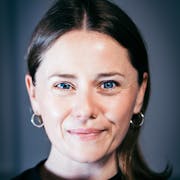
Personally, I believe efforts to increase cheque sizes through angel networks and pooled investments bring more expertise to the table. However it's important for founders to maintain a personal relationship with a few core angels, leaning on the broader network as needed. We're moving away from a hype era of unrealistic valuations to build a more sustainable investment environment. Now is the time for deep technology companies to shine, and make categories with longer time horizons for ROI more investable. This should start with a focus on underfunded verticals such as FemTech.
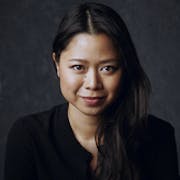
2021 was still about bloated valuations, hyper growth with no path to profitability, and a “move fast and break things” approach to ethics. 2022 is now about valuations grounded in reality, healthier EBITDA trajectories, and values and sustainability. It's nothing to cry about. We were overdue for a better narrative for startup success. Let’s hope the European tech ecosystem steps up to write it.
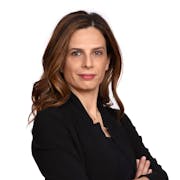
Europe has been justly praised for its leadership on digital regulation and governance, charting a progressive global path for the digital society and setting worldwide standards on antitrust, digital privacy, democratic data and AI governance. For Europe, competing on innovation means putting forward a new vision, rooted in our democratic principles and values, and combining innovation and dynamism with an uncompromised defence of autonomy, democracy and sustainability to benefit both people and the environment.

Given capital has historically never been as abundant in Europe as in the US, European founders have learned how to build their businesses and manage cash well in often uncertain times, with companies such as Checkout.com and MoonPay bootstrapped to tens of millions of revenue before taking on external investment.
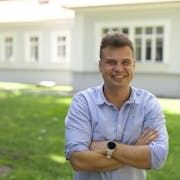
Sadly, mass layoffs usually follow an economic slowdown. In the long run, this ruins the trust, reduces the morale, and creates a fearful company culture. Dedicated people are the most valuable asset. Creating an emotionally healthy environment will boost the results.
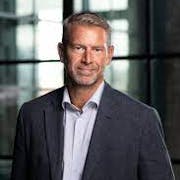
We see an increased focus on technology development relating to the sustainable energy and climate improvement sector. The energy transformation is one of the biggest industrial changes of our time and I think we will continue to see a lot of new market opportunities even through the downturn. This is an area where Europe has strength and can create companies that make it globally. However, we will also see the fall-out of start-ups that have not secured sufficient runway of capital and/or have weaker performance. The focus has now gone from growth and market share capture to showing profitability and preserving cash. Funding takes longer and the appetite for risk is lower. I do not anticipate this to change in the next 12 months.

It’s fair to say the European tech sector has never been asked to adapt its operational practices so fast, on so many levels! In a matter of two years, EU regulation will impact how digital companies display content or advertising online, use AI or deal with data. Compliance will definitely be a big focus. On the other hand, it brings positive change. The EU wants to boost innovation and trust in online services. If you are running a tech company in Europe, look out for new opportunities created by EU regulation in your business relationships with today’s largest digital actors.
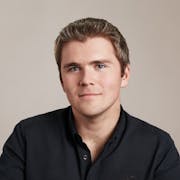
We know that avoiding the worst effects of climate change requires two things: radical emissions reduction, and the permanent removal of gigatons of carbon already in the atmosphere and oceans. European startups like 44.01, Mission Zero and Climeworks are attracting global investors and customers for novel carbon removal techniques: sucking CO2 out of the air, sprinkling CO2-reactive dust on agricultural fields, and turning CO2 into rock. As these companies scale, they’ll become a source of growth and employment across Europe. But we need to be removing gigatons, not grams. Those entrepreneurs need a bold assist to get there. We need more of Europe’s institutions to promote high quality, permanent carbon removal, act as a customer, and help these companies scale. Policymakers can also help steer more public investment towards climate tech, just like some of them did to boost their domestic startup ecosystem. Today, 65% of global investment went to US climate startups last year. Surely, we could do better.

The fundamentals of European leaders like Klarna, N26, Revolut, Alma—and many others—are still strong. And their ambition and long term opportunities remain intact. European fintech is successful for essentially two reasons: 1. Europe’s talent pool is excellent. There are almost 50% more software developers in Europe than there are in the US, and a solid expertise in risk management and compliance to tap into. 2. PSD2 has set clear rules and standards across the EU, and startups are building on top of that. It’s not perfect of course—no regulation is—, but there’s a reason the framework has become an inspiration for the rest of the world. The talent and ambition in Europe is higher than ever to build and run globally relevant companies - but the barriers to innovate remain too high. If we want the European startup ecosystem to continue to thrive we need more regulatory frameworks that allow new business models and ideas to go to market quickly even in regulated sectors like climate-tech or bio-tech.

2022 looks like the beginning of a different economic climate as many parts of the developed world appear to be headed for recession. But founders shouldn’t lower their ambitions. The long term opportunity for the internet economy remains intact and the tailwinds are as strong as they ever were. We’ve still only explored a fraction of the internet’s potential and the next generation of global tech leaders are just getting started. Many of the most significant internet companies of today, like Google and Amazon, emerged from the ashes of the dotcom bust. I similarly believe many great companies will emerge from the current crunch.

The correction we’ve seen over the last 12 months has been a necessary normalisation after the exuberance of the preceding years, driven by the search for yield in a low rate environment which pushed investors into longer duration higher growth tech stocks as well as illiquid private markets. Naturally this correction has been most pronounced in the public markets: for the first time since 2019 the combined market cap of listed European tech stocks fell below $1 trillion this year. What does this mean for tech exits in 2023? The IPO window is likely firmly closed but the opportunities for consolidation and M&A are ripe, remembering this has historically been the primary exit / liquidity route for founders. At the same time, in an environment in which growth will be incrementally more expensive, later stage founders considering an exit will need to better frame and position the tradeoffs between growth and profitability.
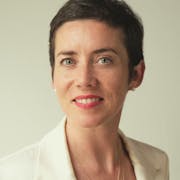
European tech benefits from Europe’s commitment to protecting climate and biodiversity – humanity's number 1 problem. That means more regulations, but these limits force traditional and new players to be more creative. European startups have the opportunity to learn from demanding customers, who are only going for (green) technology that is both innovative, compliant, and easy to implement. By being at the heart of the world's green policy reactor and having the greatest pool of climate talent, European tech has all the assets to take the lead on climate tech – connecting all the key actors to scale climate action globally and building the Tech Giants of tomorrow.

Hiring is much easier now with remote hiring platforms and tech-friendly policies, such as President Macron’s French tech visa. This reassures investors because we can test markets outside Europe quicker, at a lower cost, and develop our business models on a larger scale. That’s also one of the advantages of building a SaaS: you can build a global business from day one.
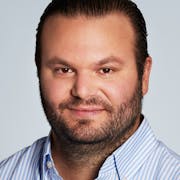
Years of rapid change have also led to a renewed wave of energy to create tools for employee wellbeing and productivity. That’s an exciting development, given that this report has shown time and time again that some of the most pervasive challenges founders face are related to talent and teams. Through periods of uncertainty, the companies that emerge stronger are those that have a clear role to play in the future economy. The future of work - from how we hire, to how we collaborate and retain - is an area that’s underserved by existing solutions, and where innovators can make a real impact.
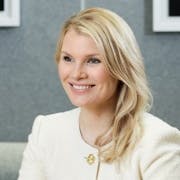
We have seen positive momentum in DACH with the German government’s ‘Future Fund’ as well as the plans for minimum investment quota for statutory and private pension schemes in VC and growth funds. This will structurally increase the capital available for GPs and in turn for start-ups across their maturity journeys. However, it is important to consider this a European effort with no single European country’s home market large enough to create global champions, hence we need to think internationally from day one. LPs are key as they can contribute with capital as well as support with the operations that help drive the international scaling of start-ups. This is why the €10bn strong European Tech Champion Initiative is of premier importance - it will help to grow the capital base for fast growing innovators across Europe.
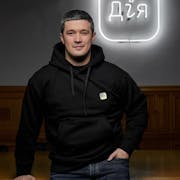
In the new war-time realities, they managed to quickly adapt and continue their development. More than 80% of IT companies retained almost 100% of their contracts. Today, the Ukrainian IT sector fulfills two important tasks for the Ukrainian economy: it provides regular foreign currency income and pays taxes. Companies donate tens of millions of dollars and continue to grow. Meanwhile, we create opportunities for development in all possible ways. One of the goals of the Ministry of Digital Transformation is to double the share of IT in the GDP of our country in a few years and to make Ukraine the biggest IT hub in Eastern Europe. Ukraine is about to become the best testing ground not only for the newest defence technologies, but basically for any technology that can help us win and recover: energy, telecom, public services, AI & robots.

It shows that global companies are ready to work with us even during the war. In addition, we invite everyone to join our Digital4Freedom initiative to support the rebuild process in Ukraine. The idea is for tech companies worldwide to provide services and products to Ukraine, all the while testing and scaling their product nationally.

It has been a difficult year in Europe for many reasons, but I'm encouraged that we haven't lost sight of the most pressing issues facing humanity. Climate change is rightly top of the agenda globally and there are signs that Europe is leading the way through innovation in this area. Matching technical expertise with scientific research to build profitable and purposeful companies has not always been our greatest skill, so it's critical that we build on these solid foundations. This must extend beyond funding for software innovations and consumer applications to deep tech solutions that tackle some of our hardest problems. In my industry, chemical manufacturing, the transition to sustainability is too slow. Petrochemicals - the main ingredient in products such as shampoos, detergents, plastics and paints - are set to account for more than half of the growth in world oil demand by 2050. Industrial-scale collaboration is needed if we truly want to end chemical pollution and deliver a better world for people and the planet.
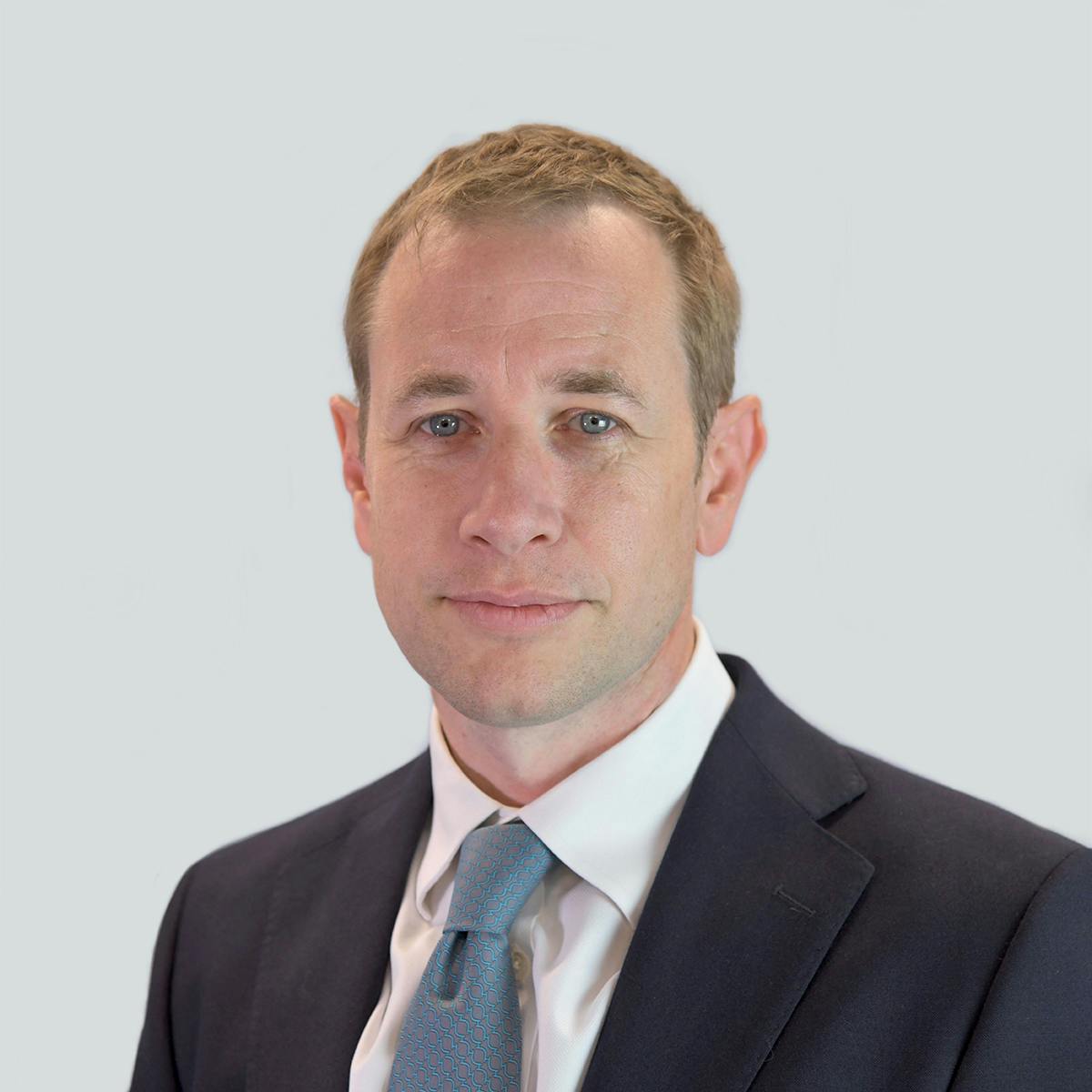
However, there could be reason for some optimism. The European tech start up scene continues to grow, and developed tech businesses have, in general, performed well operationally even if this isn’t necessarily reflected in current share prices. European listing venues remain good platforms to access global investors, and comparatively, most European tech IPOs have held up well relative to global benchmarks - in particular when compared to European businesses listed in the US. In addition, lots of high quality businesses continue to prepare for IPOs, and are engaging well with the buyside. While the market may not return in force in the near term - and the general consensus is not until H2 2023 at the earliest for most assets – investors seem interested in engaging with quality businesses.

The Digital Services Act (DSA) and Digital Markets Act (DMA) represent a new beginning not only in Europe, but internationally. Both the DSA and DMA are essential in driving transparency and accountability of the tech industry, which is a key first step in creating a safer online space. Given the scale of the content moderation challenge we face today, regulations such as the DSA play a key role alongside startups like us in tackling the issue of moderation. For example, we are working towards better understanding the underlying data that makes up the internet to establish datasets and benchmarks that are representative of the real world. This will help ensure that new technologies are developed and applied in a fair and transparent way, and ultimately create safer online spaces.

Collaboration between industry, policymakers and the public is crucial to improve accountability and transparency across the digital ecosystem, especially as more of our everyday activities shift online. We must endorse a multi-stakeholder approach to creating an open and safe online environment: businesses and policymakers need to work together to build a pipeline of engineers and researchers which reflect the world, in order to push forward the industry. We also need to ensure we have the capital ecosystem required to support the businesses at the forefront of AI research and development.

In a downturn, people won’t buy “nice-to-have” products, only “must-have” products. If the product isn’t quite right, you won’t be fooled into thinking people want it. Be prepared to learn fast and iterate quickly to get to the core of the need.
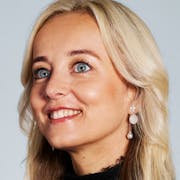
Founders with passion, vision and skill are still building, and they are now able to be more focused and realistic. Web3 infrastructure continues to improve and to make progress towards enabling more mass adoption. At the other end, some of the largest players in social media and creator economy, entertainment, or consumer brands are actively looking to embed Web3 in their plans and in their business models. The long term potential of Web3 technologies remains valid and we may look back at these times as a period of positive reset for the industry.
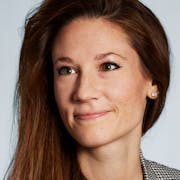
It’s essential that companies at every stage of the supply chain are supported, from producing energy, to making sure its end users are able to operate as sustainably as possible, whether that’s retailers or consumers. While the big picture is critical, it’s crucial that no part of the downline is left behind.

Now more than ever, there’s a need for solutions to major societal challenges in climate, health, sustainability, and more. Responsible innovation is a competitive advantage, because trust is essential to any technology’s success. European tech firms will benefit by continuing to show they understand that. Meeting the challenges we face collectively is hard and requires bold ideas. When those ideas are technology-based, they can scale quickly and play an important part in improving people’s lives. And technologies with the potential to change the world simply must be built responsibly. European tech companies can build on their existing strength in this area by practising good science, partnering with relevant organisations for context and expertise and taking a humble and inclusive approach to design and deployment.
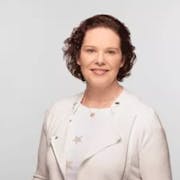
There are three main reasons driving innovation businesses to add a layer of debt to their capital structure. Firstly, companies are using debt to extend their cash runway into 2024, essentially planning for a longer ‘rainy day’ than many of us had anticipated. Secondly, highly liquid growth companies are putting ‘hunting’ debt lines in place to fund M&A opportunities, accelerating their long-term growth plans. And thirdly, growth-stage companies are putting working capital debt lines in place to help fund their day-to-day funding requirements, rather than using equity. What is clear is that now debt financing accounts for roughly 20% of the annual VC investment across Europe, meaning it has become a core component of how founders, CEOs, CFOs and their investors finance the growth of their businesses.
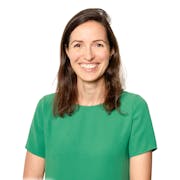
Indeed, as former Intel CEO, Andy Grove once said “Bad companies are destroyed by crisis; good companies survive them; great companies are improved by them.” Whilst capital will become more scarce, many European tech businesses raised capital whilst it was plentiful and have plans in place to extend their runways. The most important thing now is getting back to basics. The world has changed, and European tech needs to double down on reconnecting with customers and ensuring that products continue to fit this evolving world and customers’ evolving needs.

SMEs are facing challenging times with a cocktail of rising energy prices, broader inflation and supply chain challenges. But SME owners are entrepreneurs. They have managed through adversity to build and grow their businesses before. They are nimble and adaptable, and over the last few years in particular have proved themselves resilient. During the pandemic, Funding Circle saw SMEs pivot and grasp new opportunities. One of our borrowers - a gin distillery and wholesaler, moved to direct to consumer sales and started offering remote corporate gin tasting events; another - a uniform manufacturer, pivoted to producing face masks. In this crisis, we are seeing more of the same.

Many of the challenging conditions we now face in Europe, and indeed globally, can be improved through continued innovation from the startup community. In previous cycles, great companies have been created amid some of the weakest environmental conditions. The strength of the European tech ecosystem overall – built up over the past decade – can support innovators ready to capitalise on this moment.

Capital has become more expensive and scale has become a greater barrier to entry. The biggest and best capitalised companies are starting to see this environment as an opportunity to take advantage and increase their lead by leveraging the correction in pricing to catch up with recent disruption by acquiring the disruptors. At the same time, the disruptors with the most scale and balance sheet strength have an opportunity to consolidate the market and extend their lead. Timing will be everything and the boldest will likely be the winners.

Trustpilot had achieved a lot as a private company and in order to continue delivering on our growth strategy it felt right to IPO on the London Stock Exchange, since it was our biggest market and home to a number of world class tech companies, which would enable us to access new investors and capital and further raise the business’s profile. London is also recognised for the standards of governance required to list there, and that was important for us as a business which seeks to become a universal symbol of trust.

As we head into the deepest cost of living crisis of this century, utilising this is both powerful and crucial. Figuring out how to monetise more while spending less than planned is never easy, but the companies that do this best will come out on top in 2023, 2024 and beyond.

Aligning on the culture you want to create, working on it every single day, and being open to feedback along the way is key. Every company has its own unique culture – for us we are focussed on building something open and deeply honest that encourages high challenge, with high support. From there you just need to make sure that you are hiring and retaining the people who show up and act in the way that fits your culture.
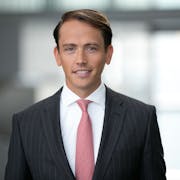
The European and global IPO market dropped significantly in both volume and proceeds in 2022. IPO candidates and investors had to face multiple macroeconomic challenges, market uncertainties, increasing volatility and falling equity prices. The technology sector was especially affected by the market downturn, along with de-SPACs struggling to find suitable targets. As the market sentiment is likely to remain fragile, we see numerous VC-backed companies sorting out compliance, legal, finance, and accounting work to be IPO-ready, anticipating better IPO windows. Listing candidates will need to be well prepared when re-engaging with investors.

This is a cyclical trend and tends to accelerate in the late stages of a bull market, seen in the late 90s before the internet bubble burst, in 2006 before the Global Financial Crisis, and in 2014-15 before the mini SaaS blip. Whilst I don’t expect that we will see a return to these sorts of rounds for a couple of years, as the cycle turns back upward, it will be back (for better or worse).

The current environment is a reminder how quickly market sentiment can shift. However, the agility and flexibility of innovative companies and their investors leaves them the best placed to navigate the macro-environment and do what this ecosystem does best, which is create the enduring leaders of the future. We’re in a challenging operating and funding environment but the European ecosystem is better set than ever to weather this part of the cycle. As the market returns to a more regular cadence, the depth of capital and talent in the market, combined with long-term growth drivers, means that the market will remain competitive for the best ideas. With record levels of dry powder, investors may be waiting for markets and valuations to stabilise but given the dynamics of investing, they may not be waiting much longer as we're seeing fresh funds looking to invest into companies at more normalised valuations.

Europe needs to hone in on creating the best tech talent and better labour market rules similar to what spurred the US in the early dot com boom. Less cumbersome legislation that allow startups to “break things and move fast” and government funded startup initiatives for “deep tech sandboxes”. By catalysing the European tech ecosystem we will see more early stage startups that will make more talent and investors flock to Europe.

Just think about some of the apps and products we use all the time and couldn't do without (music, where we stay, how we shop, etc). Some of these businesses were created during difficult times in the last financial crisis.

The VC industry is more open and willing to solve its diversity problem than it gets credit for, and we want to change the narrative. Look at the number of firms signed up to the Investing in Women Code - all providing data. The 2021 report found VC signatories invested in more companies with at least one female founder (34%) compared to the industry average (24%). For investors who want to be part of the solution, my advice is to continue collaborating and expanding your networks. There’s some fantastic work underway by VCs (founder hours, clear websites, support on pitches, useful feedback for founders…) and many events (including at the BVCA) to share best practices.
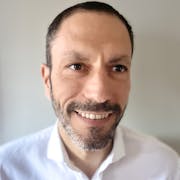
We need to continue building a stronger vision and narrative around “European tech”, which will in turn lead to a greater sense of community. I have always thought of nationalities as an extension of the ego and in Europe, we sadly know well where nationalism leads. The pan-European tech vision needs to be urgently reinforced so that a stronger collective sense of belonging and camaraderie emerges. Our goals should be to tighten the entrepreneurial network to strengthen our support layer, and foster the momentum that is needed for lawmakers and public organisations to remove obstacles for the European tech ecosystem to grow faster.

The current economic conditions are the perfect opportunity to sharpen our focus on customers’ real problems. It’s easy to extend product breadth during bonanza, only to learn later that certain new use cases had limited return. It also gives founders an opportunity to develop their grit and work on their mindset. It’s going to be challenging, that’s a fact. However, if you make your challenges an accelerator, you can use this chance to become the fittest in the class.

During the last 10 years of low interest rates, we have seen incredible growth in the technology ecosystem in Europe, as evidenced by the percentage of global VC dollars being invested in Europe, the number of European ‘unicorns’ and many more statistics. As these companies mature, so is the ecosystem for growth investing. Capital will follow opportunity and I anticipate capital will continue to flow to Europe’s ecosystem as the associated companies continue to mature in the decade ahead.
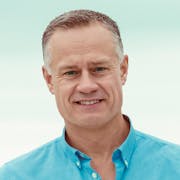
I believe that the companies and technologies that solve consumer demands in a sustainable way will have a clear advantage. Being able to quickly adjust to the ever changing macro conditions that we are all subject to, is a key enabler for European tech to emerge stronger.

The macro uncertainty has grown even bigger during 2023, amplifying the pressure on global supply chains. I think that companies that sell products online and want to scale globally need to move towards more local production and distribution to overcome these challenges.

It's encouraging that the vast majority of countries have some policies in place around startup financing and visas. But beyond this core the heatmap gets patchy, at best. Policymaking is complex but with precedents set by countries on almost every issue, there is little excuse for others not to fast-follow. The widespread adoption of better stock options regimes shows that with focus and effort this can be done. Thanks in large part to the #notoptional campaign providing a clear view of "what good looks like", a number of legislative and regulatory precedents have paved the way for a cascade of national reforms. We also need to be wary: while the overall direction of change is positive, backsliding is a real risk. For example, the UK has just reduced the value of its well-established R&D tax credit regime, which will remove months of runway from the country's most innovation-intensive startups. The tech community in Europe needs to consistently make the case for the policies that are already in place, as well as those it wants to see introduced.
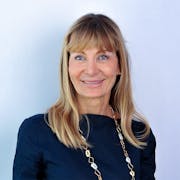
European governments need to tap into this potential, create the right regulatory environments and work closely with these technology companies to solve some of the biggest challenges of our time – from sustainability to medicine. We need clear and efficient pathway of planning, siting, permissioning and regulatory processes to deploy our next generation nuclear technology and boost the decarbonisation of the energy sector in the coming years.

The last 12 months have seen energy become a hot topic globally, but especially in Europe, as governments have realised the importance of energy security following the conflict in Ukraine. As demand for global energy increases, the world needs clean, sustainable and reliable energy sources, which don’t rely on cross-border imports or pipelines. Unfortunately, there is no silver bullet. Energy technologies – from renewables to nuclear – will need to work together to drive down carbon emissions and increase supply. Next generation nuclear power has the capacity to satisfy these requirements in a sustainable way, with zero carbon emissions. And as we saw during our latest fundraising round, private investment is now pouring into the Nuclear field, as investors become more aware of the opportunities, in a similar way to what happened in the space industry. Private investment will contribute much more to driving development in nuclear energy technologies, whereas before, it was almost exclusively reliant on public funding.
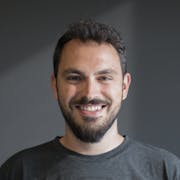
My experience raising a Series C in 2022 is that while the capital is still out there, and investors are still hunting great companies, the mood has changed drastically. Where there was greed, now there's fear. Where there was optimism now there's pessimism. Investors reduced the risks they are willing to take. A company that might run out of cash in 18 months with this round? Pass. A company that plans on raising a round in 12 months at a 3x mark-up from today's valuation? Pass. A start-up with low gross margins, long payback periods or poor customer retention? Pass. The bar is simply higher. And startups who don't pass the bar need to cut costs and survive until they can fix those issues and raise, probably having to lower expectations when it comes to multiples and other terms.

Our future society is in the making. A vibrant and growing community of European entrepreneurs are building businesses, transforming markets and reshaping entire industries. The opportunities are seemingly endless – AI developed and deployed to anticipate and fulfil human needs on a mass scale and to solve intractable problems like climate change, food insecurity, and iniquities in health and social care. With the right level of support and investment, we can boost economic activity in Europe by 20-30% by the end of the decade, but we need to do more than just build great businesses. Our products and technologies must live up to the standards we want for our future. Ironically, it was Putin who said, ‘the country that leads in artificial intelligence would rule the world’. Chilling as it is, that quote illustrates what is at stake. Now more than ever, European tech has the opportunity to lead with human-centric and trustworthy AI that ensures a future that is safe, kind, generous, and equitable for all."

While 2022 has presented new challenges, make no mistake that crypto saw its best year yet in 2021. Global regulatory attention, institutional interest and mainstream consumer adoption solidified crypto’s place as an established component of the financial landscape. Zooming out, so much has been accomplished in this industry’s short 10-year existence and if entrepreneurs stay focused on building the ecosystem, it’s exciting to think about where we’ll be in another decade. Crypto Winters are a natural evolution that ultimately strengthen the overall ecosystem. Companies that plan to expect them every few years, and plan accordingly, will remain a steady partner for its customers, partners and the industry.

Whether providing an alternative cross-border financial system for citizens in times of conflict, or fighting climate change using blockchain technology – the industry needs to demonstrate its role to empower consumers in a sustainable and prosperous digital future.

Top talent with experience of scaling and success is released back into the talent pool – founding new companies and taking skill sets and learnings into new companies. Strategic acquisitions bring long-term investment and resources from global acquirors into European cities and economies. For investors and their LPs, real cash returns further encourage future investment into European companies and their backers. According to the NVCA, 90% of venture-backed companies achieve exits through M&A rather than IPO, showing that successful M&A exits are a critical component to the development of any ecosystem.

I think the ability to consolidate verticals will be critical in Europe. Due to the region’s fragmented nature, there are often several domestic leaders and challengers, and we need global EU champions that focus on finding smart ways to acquire and successfully integrate competing businesses from earlier in their life cycles. Aligning on terms that everyone can accept will be challenging in such a volatile environment, but there is a unique window of time in which we should be able to see the emergence of strong leaders with complementary teams, markets, and products, which positions them better for accessing capital.

For me, the most important value creation levers have remained the same: a large addressable market; a differentiated and value-adding model that is profitable at the unit level; management that’s willing to build a brand and a value proposition that will create superior loyalty and customer lifetime value (LTV); fantastic teams that are both focused on the long-term (mission-driven) and are action-oriented in the short-term, are both strategic and in-the-detail, and are operationally agile. Certainly, the clarity around the path to positive cash flows is more important today than it was a year ago, and for us that has a lot to do with the scalability and profitability of customer acquisition – i.e. businesses that find ways to attract new customers at a much lower cost than competitors (e.g. through word-of-mouth & referrals, viral marketing, ownable channels, etc), and can then turn them into brand advocates.
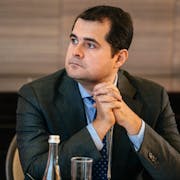
Even amidst an atrocious war and a global tech market meltdown, Ukrainian IT has grown at a double-digit rate this year. This is a testament to the extraordinary engineering and entrepreneurial talent in the country, as well as the courage, resourcefulness, and grit of this nation, on the battlefield and beyond. Local tech entrepreneurs are not spoiled by large sums of investors’ cash, so they have learned to build frugal, profitable businesses, with a strong tendency towards sound technology and robust unit economics. In many ways, the parallel with the Israeli tech scene is a relevant one. But then, Ukraine is a country five times the size.
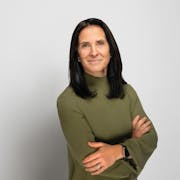
At a micro level there is now the chance to recalibrate capital efficiency. Capital - both debt and equity - will be scarce and expensive for at least the next couple of years. European companies should take the opportunity to reduce burn, slim down organisations, optimise sales & marketing, prune unprofitable customers and segments.

At a macro level this is a great time to elevate the European climate tech ecosystem to global leadership. In common with other regions, Europe is experiencing tailwinds at the confluence of advancements in technology, strong consumer sentiment, and a favourable regulatory environment. But in Europe the Ukraine war is having a particularly marked impact on energy and food security, further amplifying these tailwinds. Scandinavia in particular, with its low cost renewable energy, is a potential epicentre for climate tech developments.
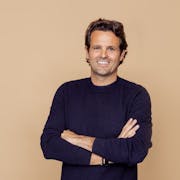
In 2022, the tech industry has seen the probably largest shift of all time, moving from a pure focus on growth towards sustainable business operations. Investments have become significantly more conscious, and so did the mindset around scaling teams. This is the first time that the new European ecosystem is facing such a huge disruption (apart from Covid), and it’s both a great opportunity but also a challenge for the talent in Europe as they face an unprecedented economic climate. What lies ahead of us is the biggest test for the European ecosystem, and my bet is that it will come out much stronger than ever.

What we see right now is that despite the reduced number of new positions companies add to their teams, the dynamic of talent moving across the sector continues unabated. Now more than ever, people look for work that is in line with their values and that gives them the freedom to follow their passions. If this is not the case with their current occupation, they will not waste any more time with it. A new generation of tech talent emerged that is looking to work at companies that provide both a strong mission and the possibility to pursue individual lifestyles. Organizations need to accommodate these needs - otherwise, they will lose the battle for talent. This also leads to an increased level of responsibility on the employer side when it comes to equipping leaders with the tools and skills they need, fostering individual career development, creating psychological safety at work, and providing mental well-being resources.
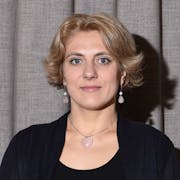
Ukraine in 2022 is in the spotlight of global attention. The war is a gross cause, but the main point is what we did with this challenge. Ukrainians have surprised the world with the level of bravery, opposing Russia, who attacked us and tried to take our freedom, our country and our future. We have clearly stated our will to stick to the humanistic and democratic principles of the western civilization and were fortunate to get multilevel support from all countries, understanding the importance of global cooperation and values, that lay in the basis of our common civilization. This is not a one-way direction. Ukraine has a lot to offer to the world as a country, located in the heart of Europe, full of resources and talented creative people with free spirit. Such human capital is a very precious asset for tech, that over the last years became one of the most promising industries in Ukraine’s economy, having 240+ thousand tech professionals, 23+ thousand qualified tech graduates, 500+ service IT companies, 1700+ startups and scaleups, 6 Unicorns, you name it. We look into the future with a lot of hope and determination, open for cooperation and successful global partnerships.
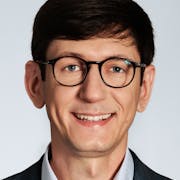
We’ve seen the proliferation of tools that provide specific functionality via an API that is easier to integrate and consume - including some of the security-related solutions that previously had been bought on a standalone basis. Large enterprises that might already have a lot of tech built internally are now using these tools to add additional capabilities. We’re also seeing more and more business models centred around consumption-based pricing vs. seat or licence based pricing. In this economic environment these have a clear appeal, given the lack smaller budgets available upfront as well as the emphasis on ROI.
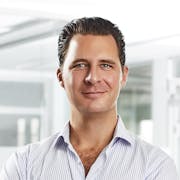
Europe has outpaced the US in 2021 by more than doubling the amount of capital invested from 2020. In the first half of 2022 alone invested capital surpassed the entire year of 2020 and nearly quadrupled since 2014. There has been an explosion of new funds in the market over the last 2-3 years, with more than €2bn in capital raised by first-time managers in 2022 alone. More importantly, we are impressed with the growing sophistication managers as the ecosystem matures. We have also witnessed an incredible amount of interest by US based investors doing deals and even setting up local offices across Europe. We see this as further validation of the strength of the ecosystem. At Blue Future Partners we believe that European VC is at an inflection point where is becomes too big to ignore for any international or local investor in technology.

There's no doubt European tech will continue growing in strength. We have vibrant innovation ecosystems that have not slowed, anchor early-stage investors whose commitment to funding innovation has not wavered, and talent that has seen a previous downturn and knows how to manage through the current challenges.

There is a knee-jerk tendency to say "slow growth; get profitable." The advice, in fact, should be far more nuanced - find your efficiency frontier and know exactly which levers you can pull to change the profitability profile – and under what circumstances.
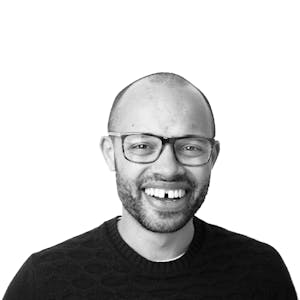
Extend Ventures
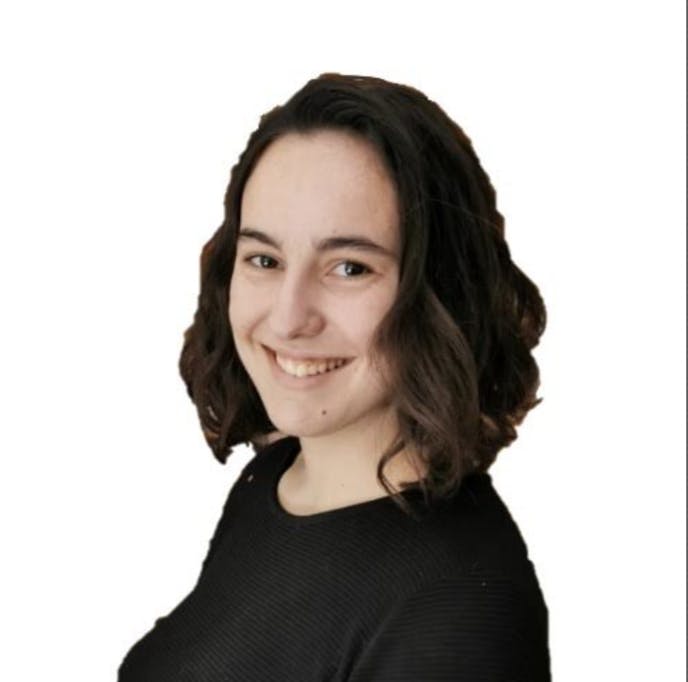
TalentUp

TalentUp
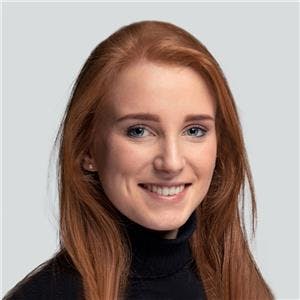
Lazard
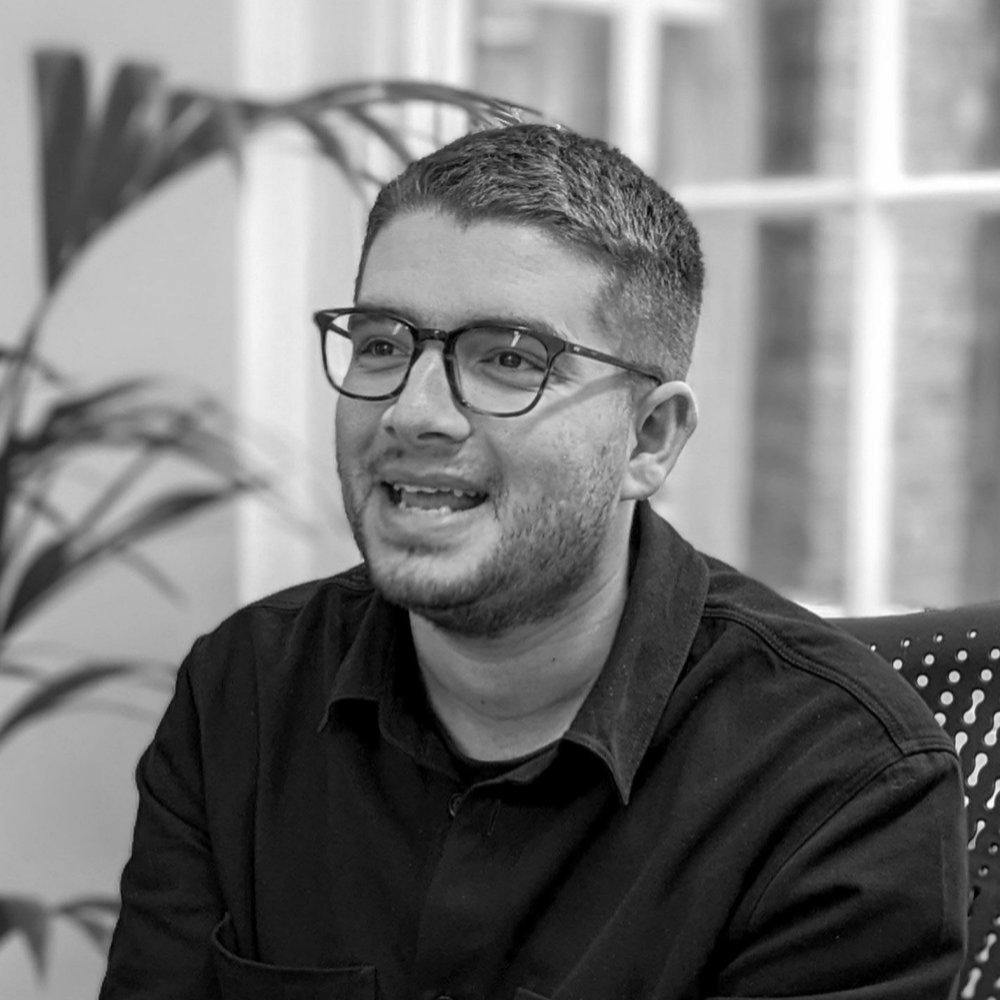
Form Ventures
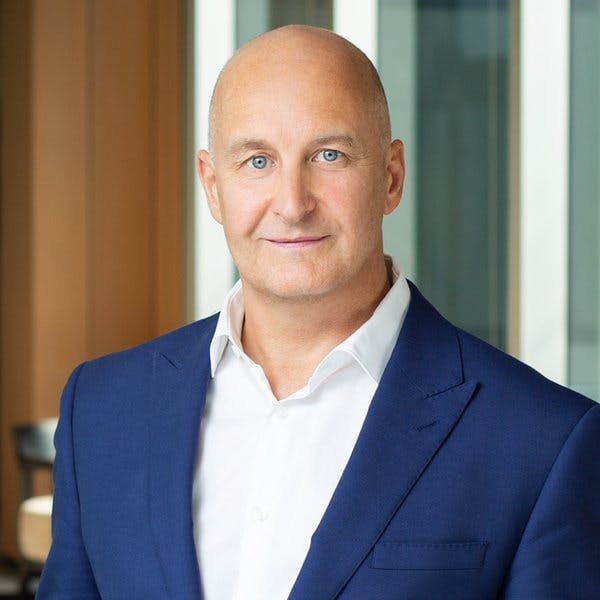
Orrick
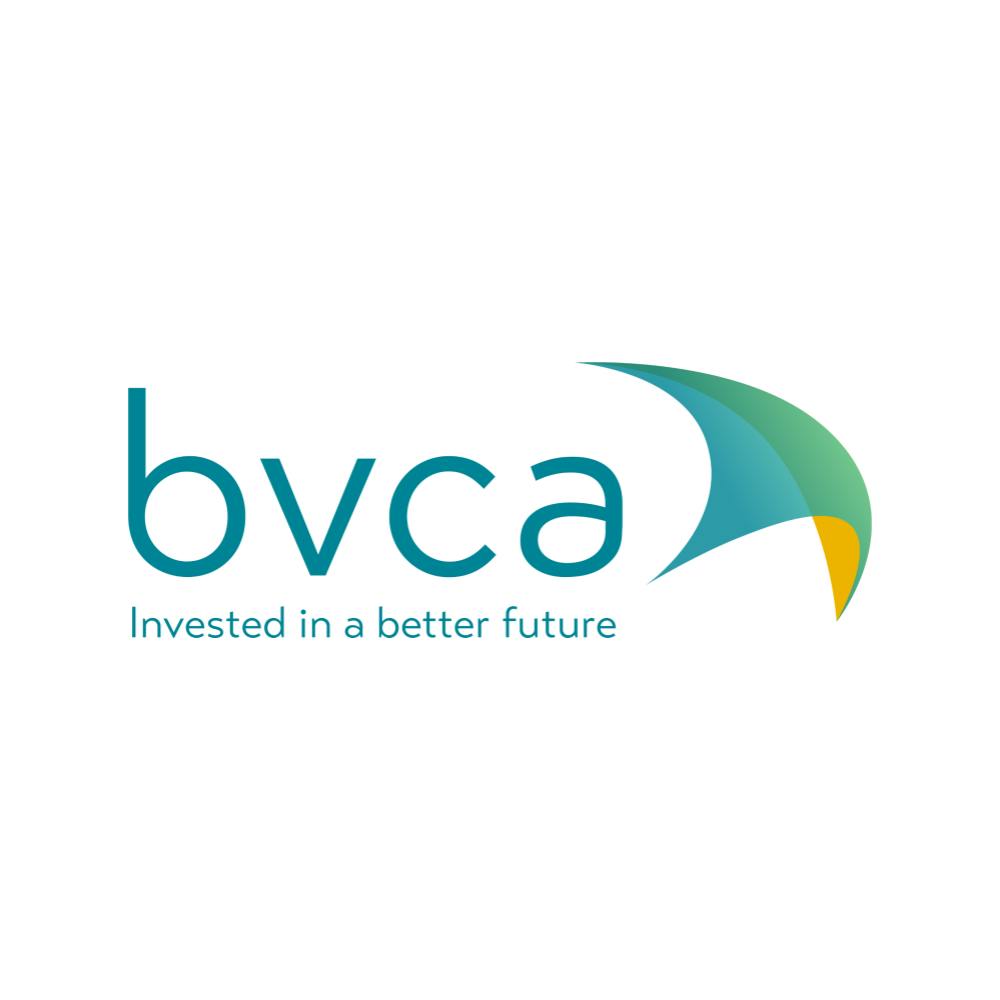
(BVCA)

Extend Ventures
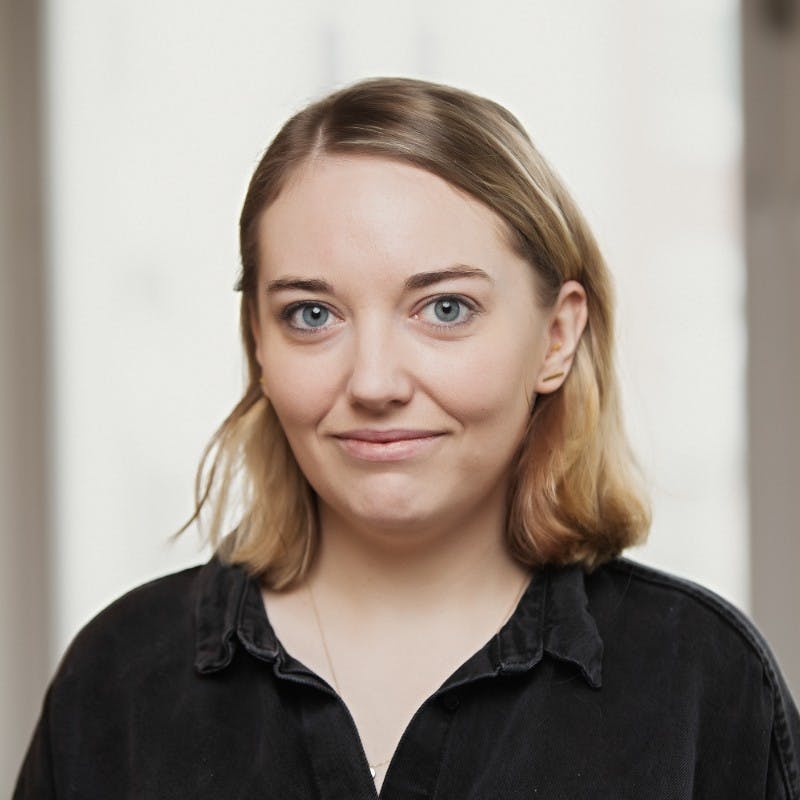
Dealroom
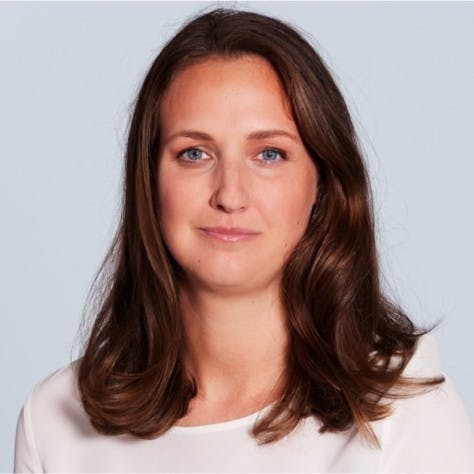
Atomico
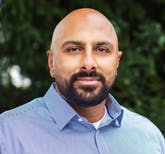
Craft
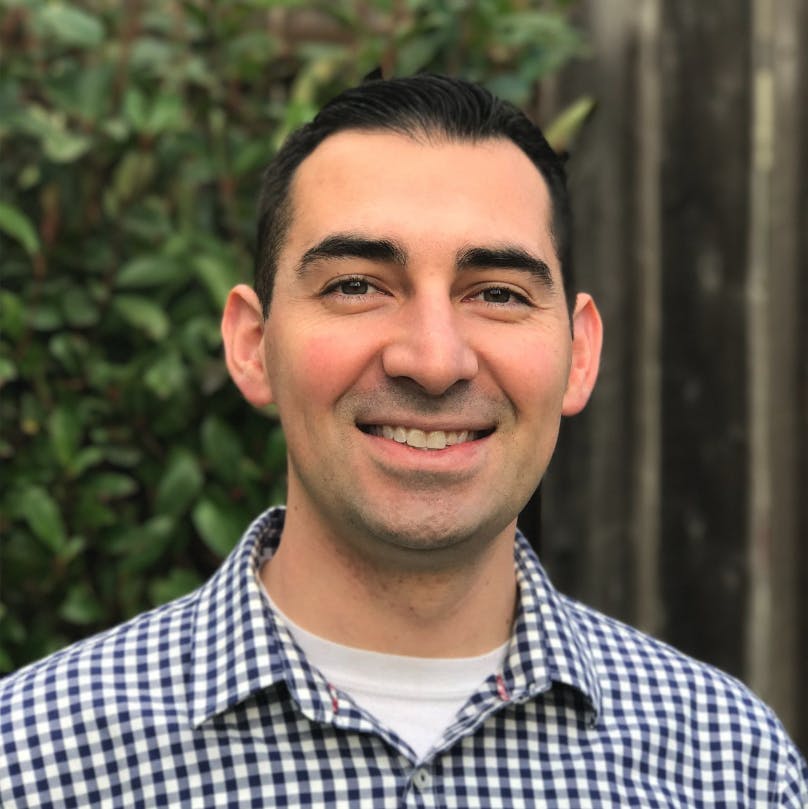
Pave
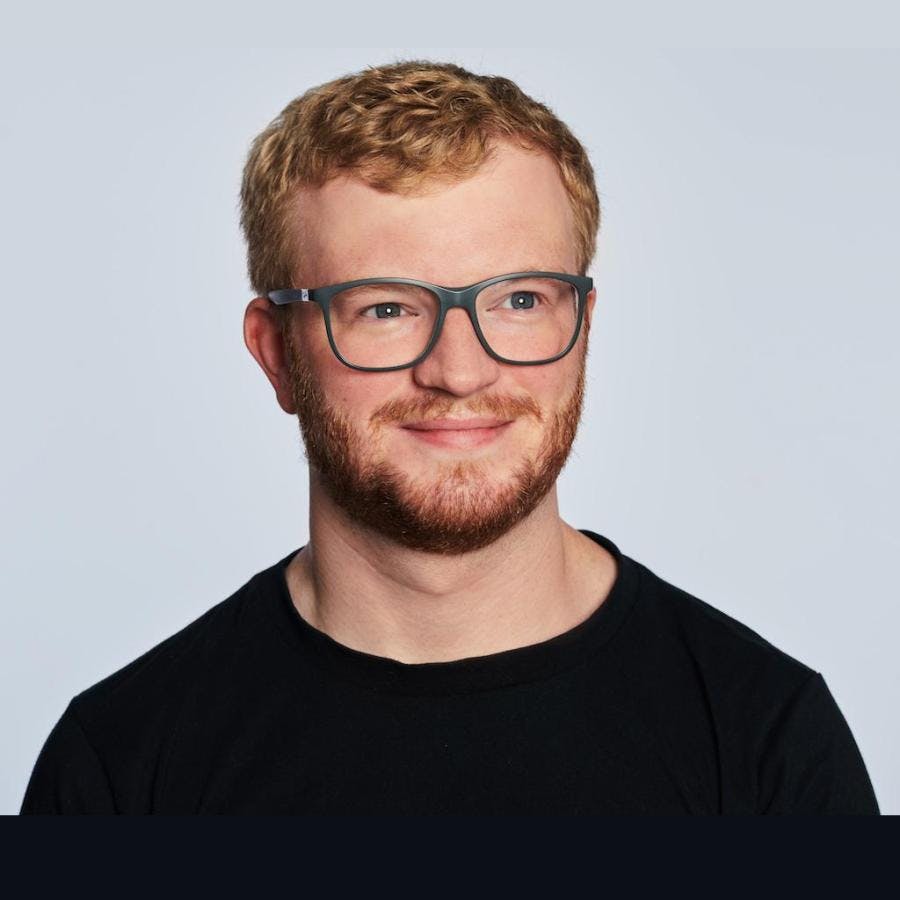
Atomico

Milltown Partners
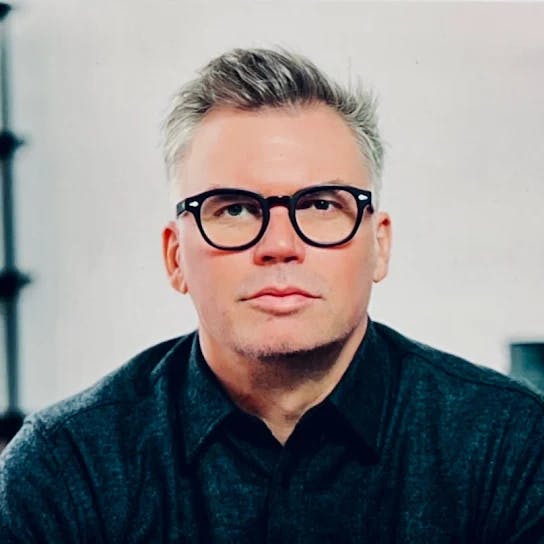
MediaWorks
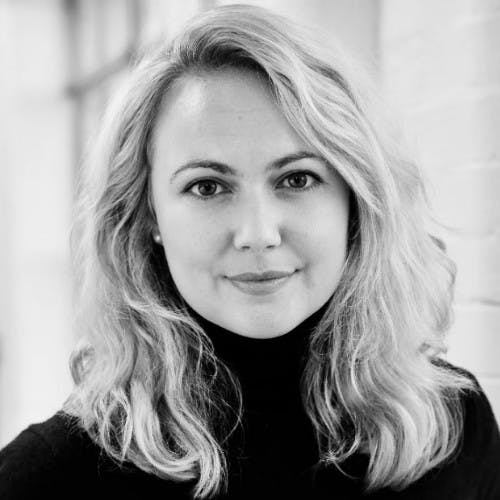
Atomico

Indeed
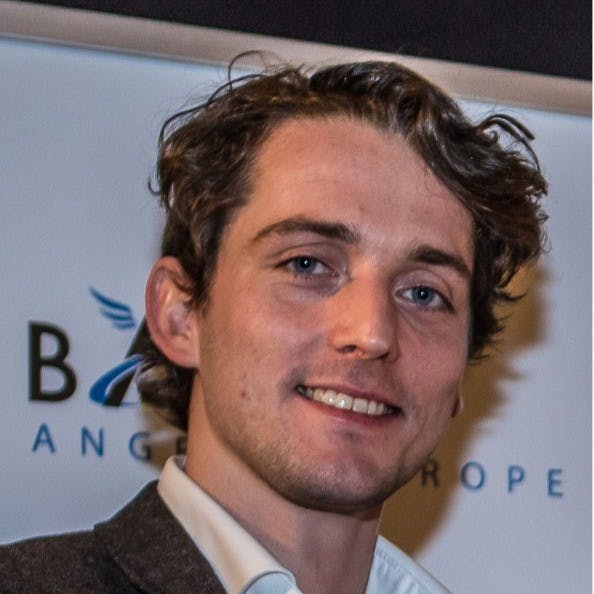
Business Angels Europe

DPDK

Milltown Partners

Lazard

Dealroom
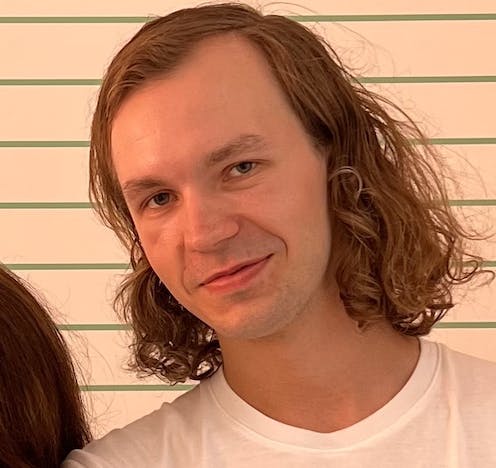
DPDK
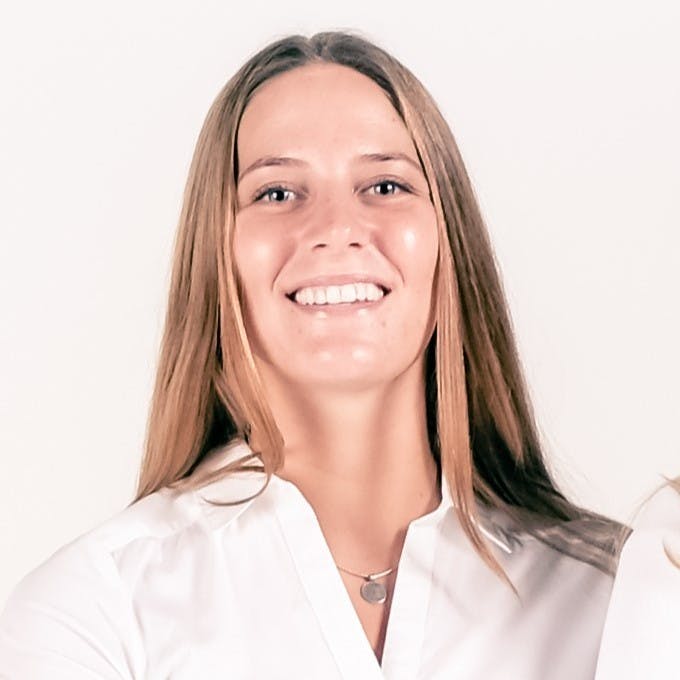
DPDK

PitchBook

Atomico

Silicon Valley Bank UK
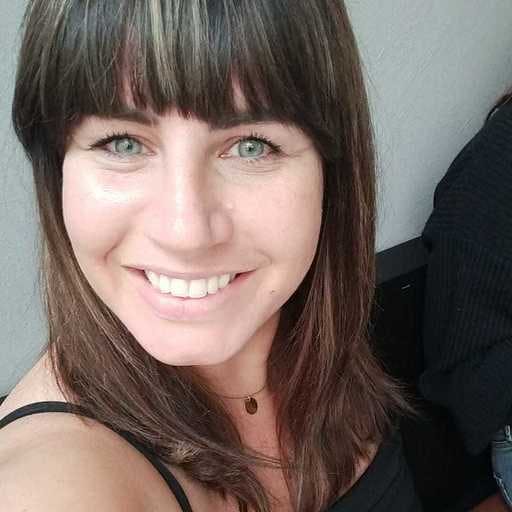
DPDK
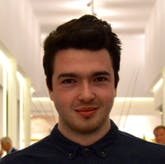
Dealroom
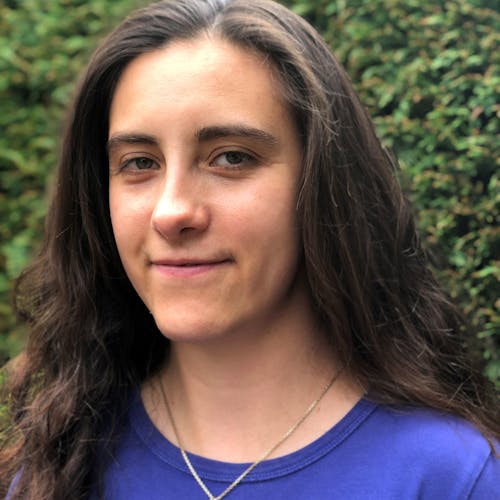
British Venture Capital Association
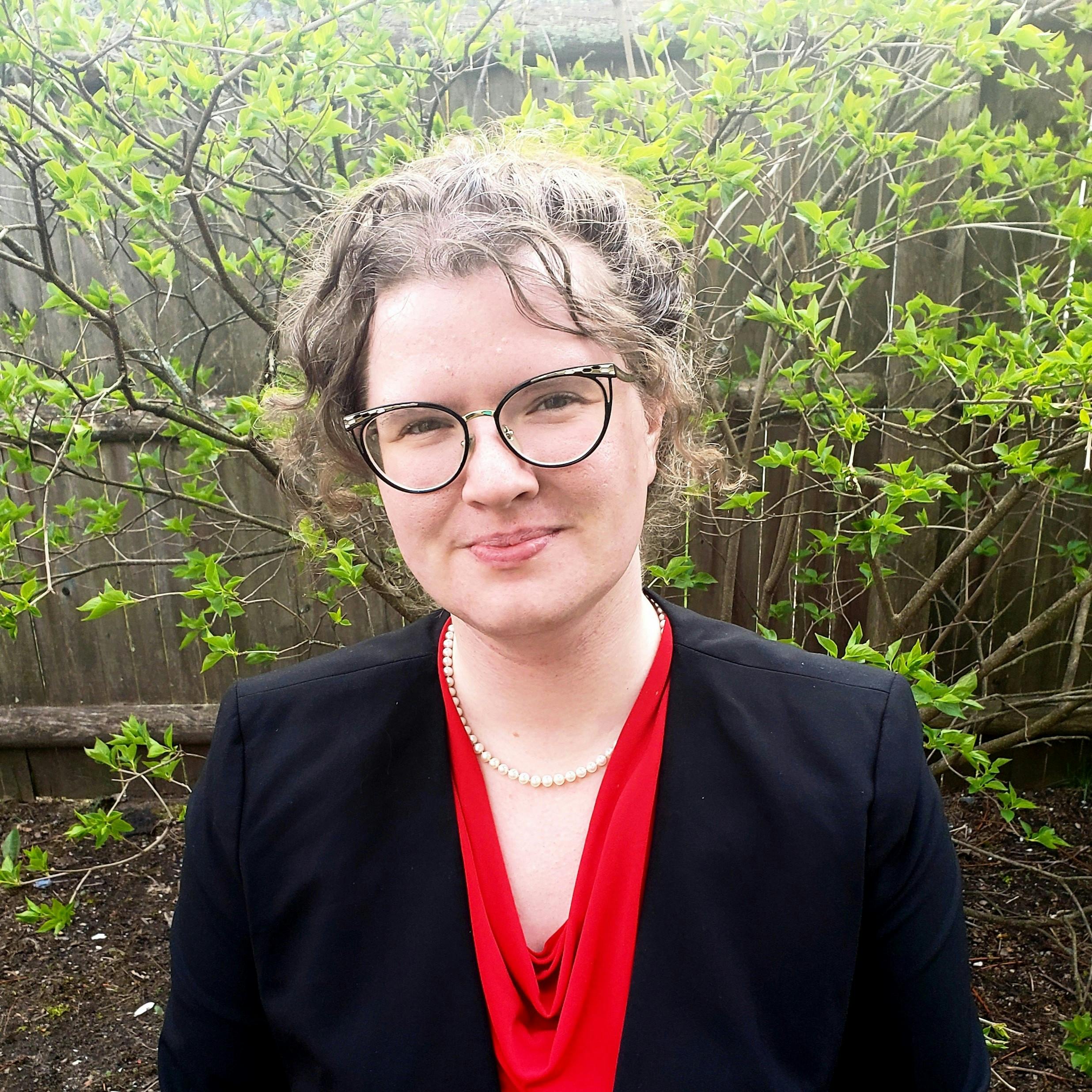
Atomico

DPDK
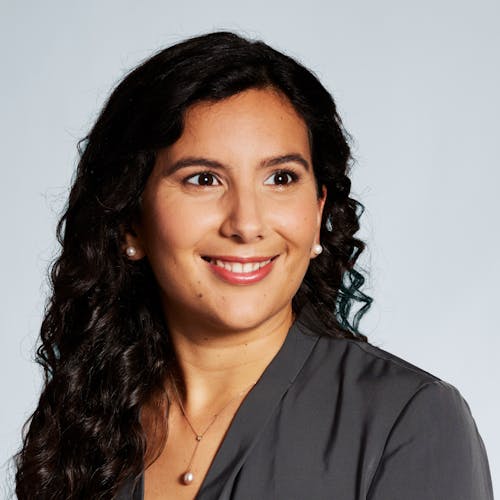
Atomico
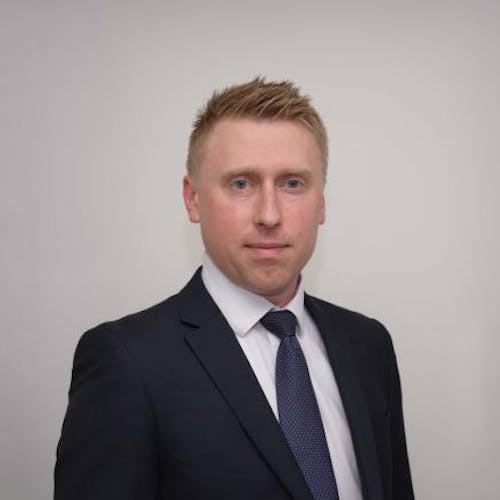
S&P Global Market Intelligence
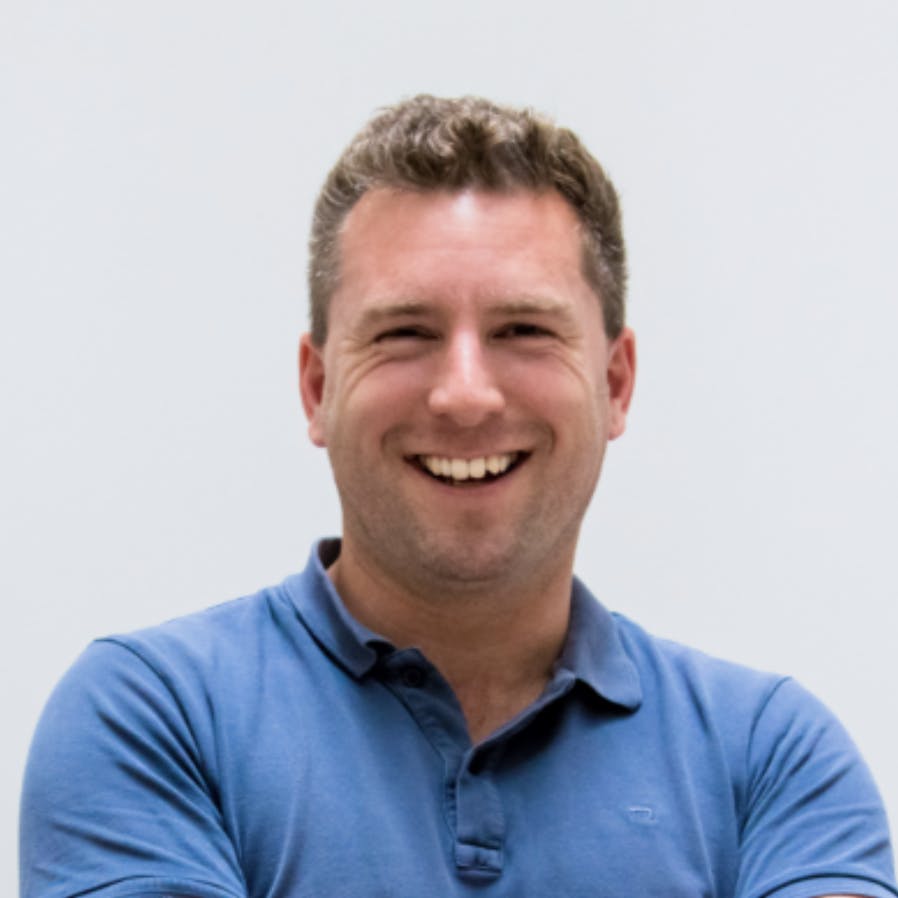
DPDK

DPDK
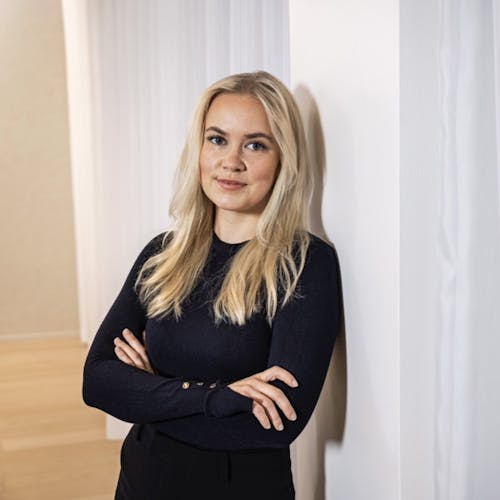
Slush
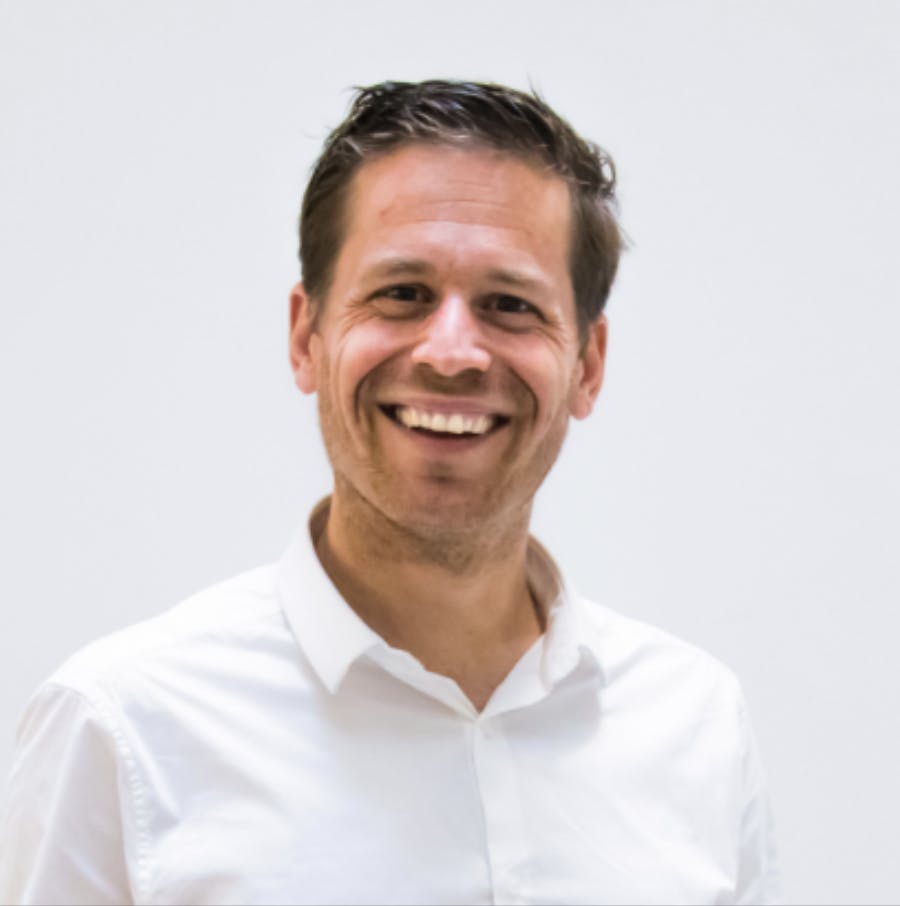
DPDK
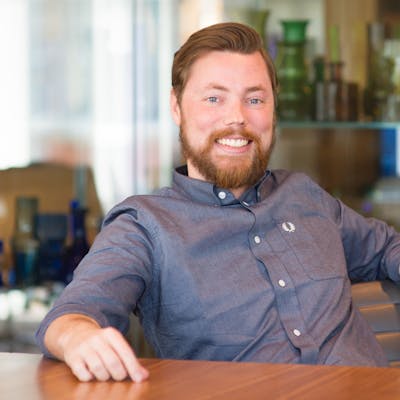
Atomico
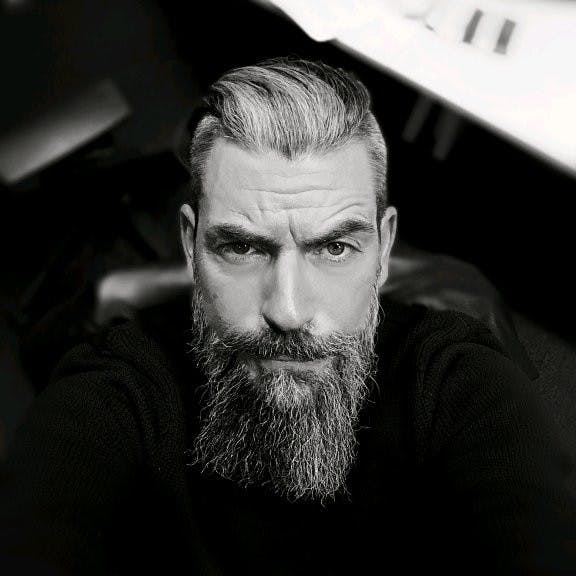
Kelly Vision Presentations
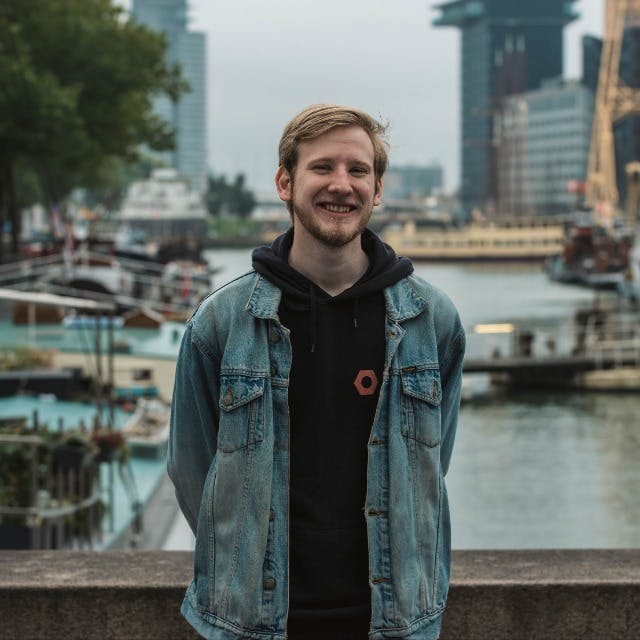
DPDK
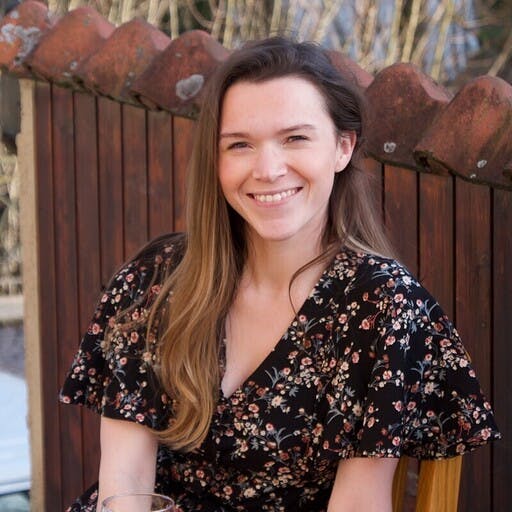
DPDK
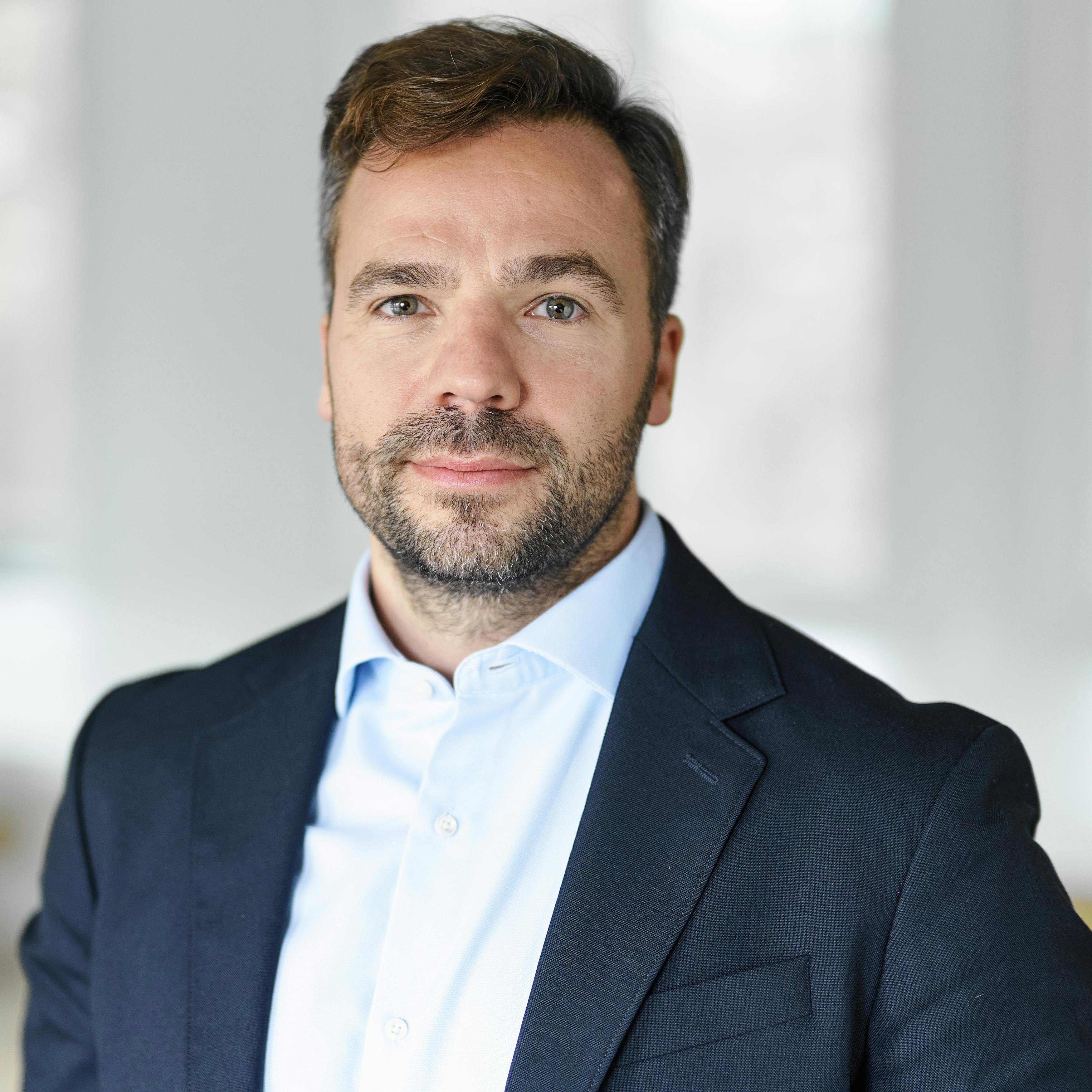
Invest Europe
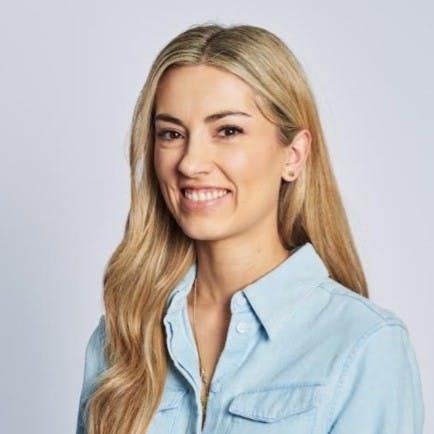
Atomico
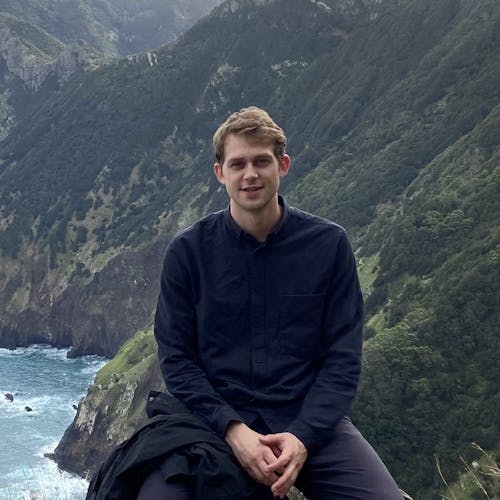
DPDK
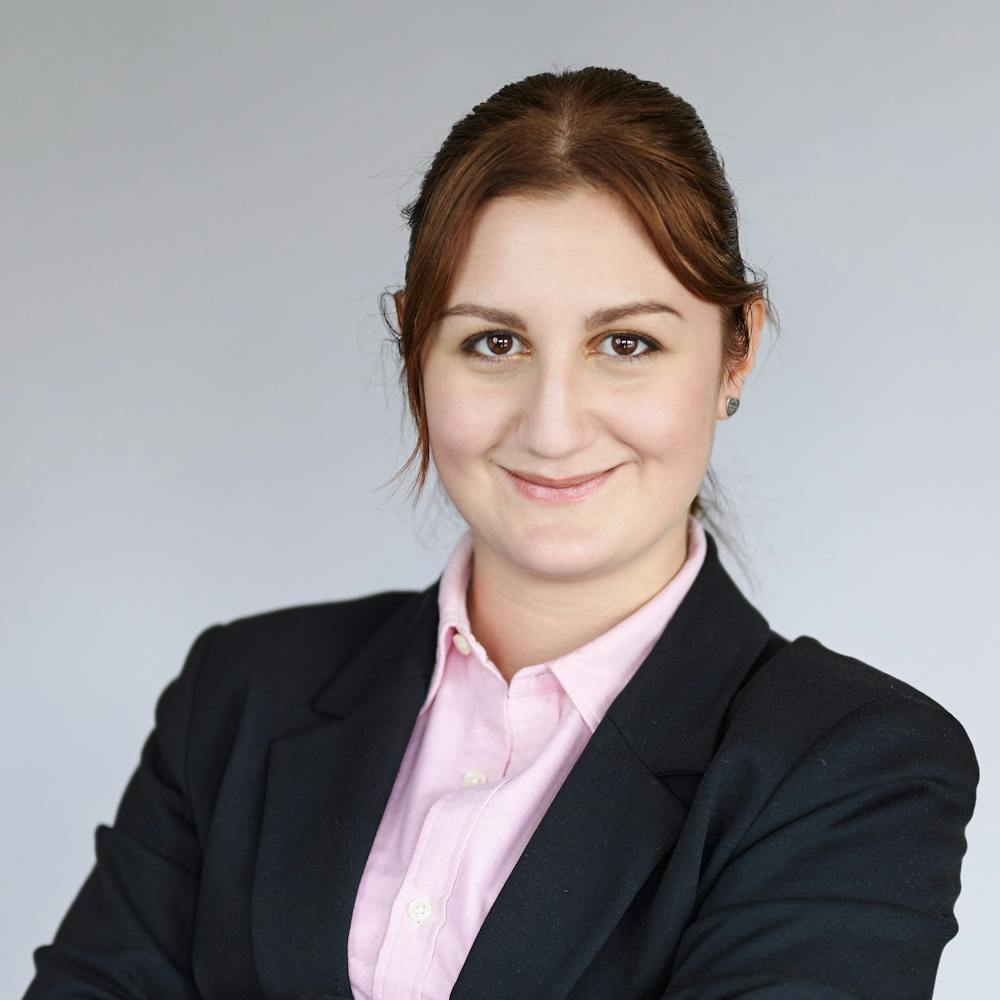
Invest Europe
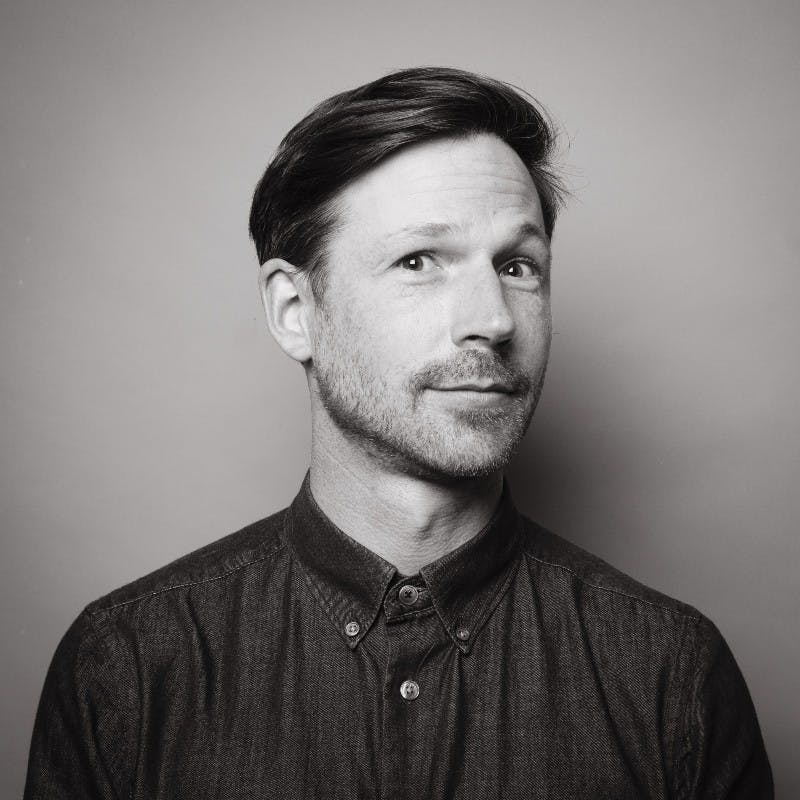
GoodLove
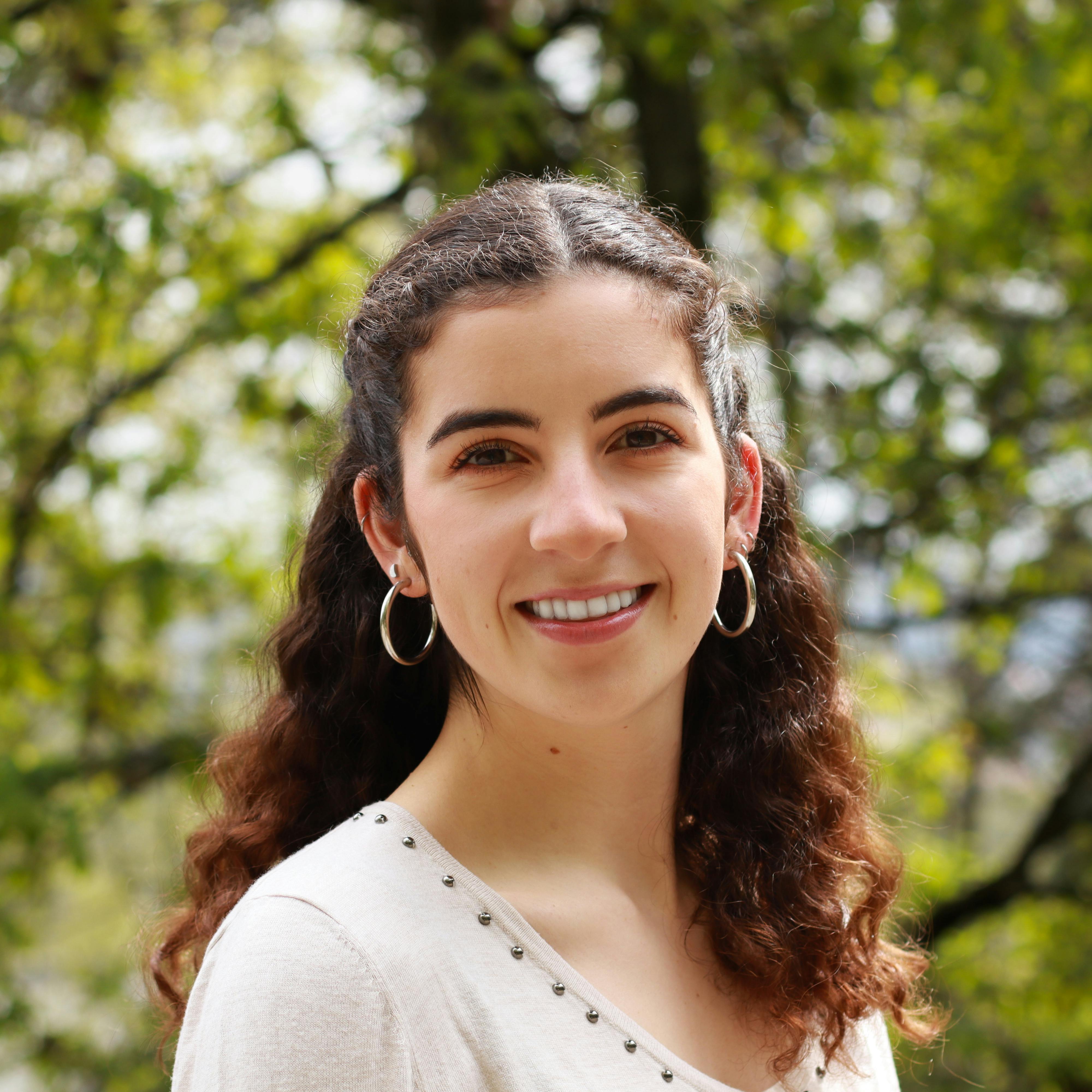
DPDK
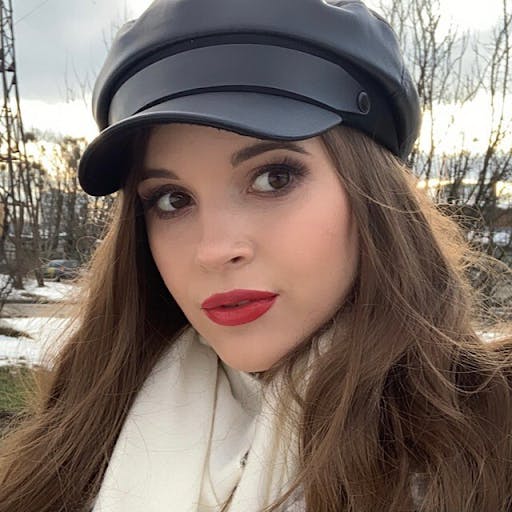
DPDK

DPDK
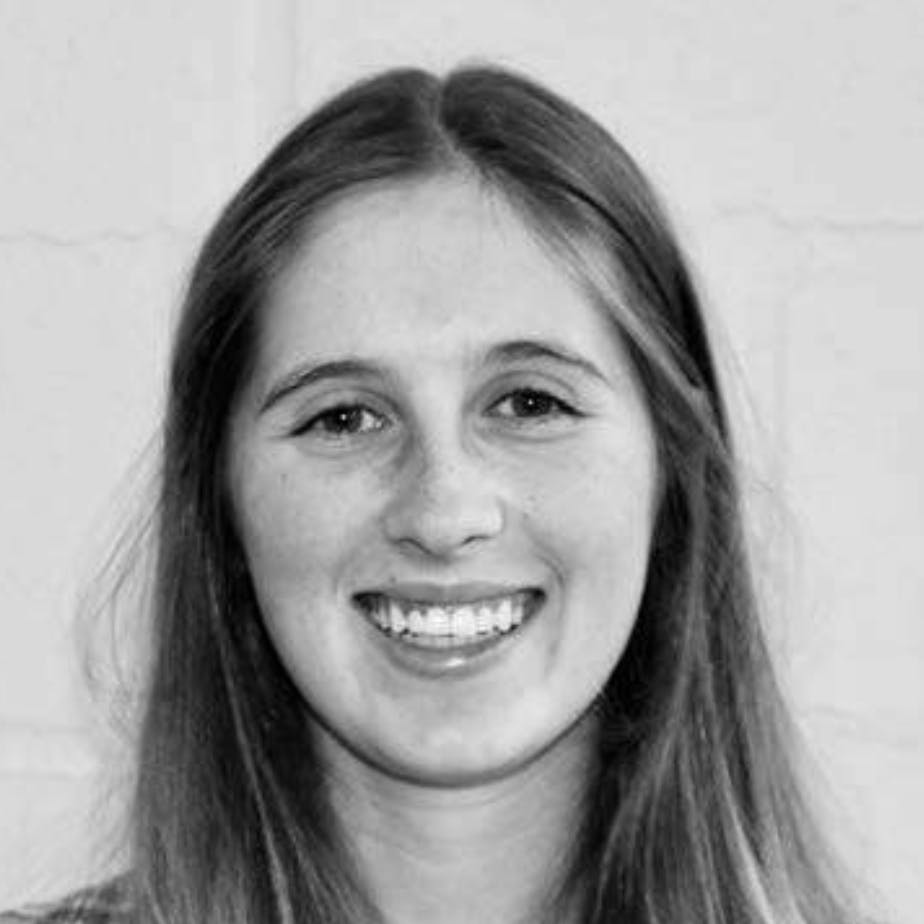
DPDK
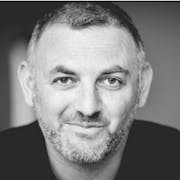
Milltown Partners
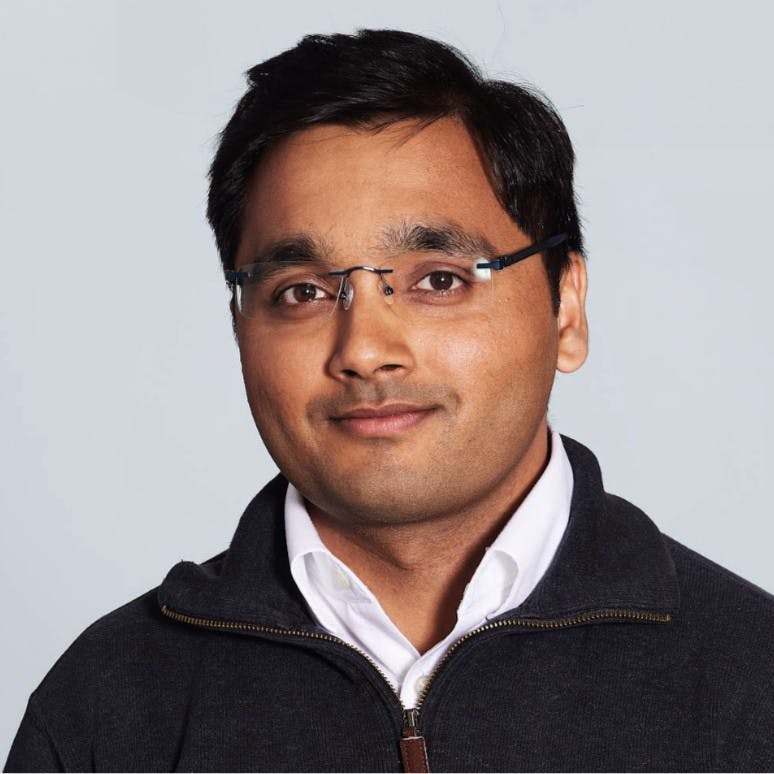
Atomico
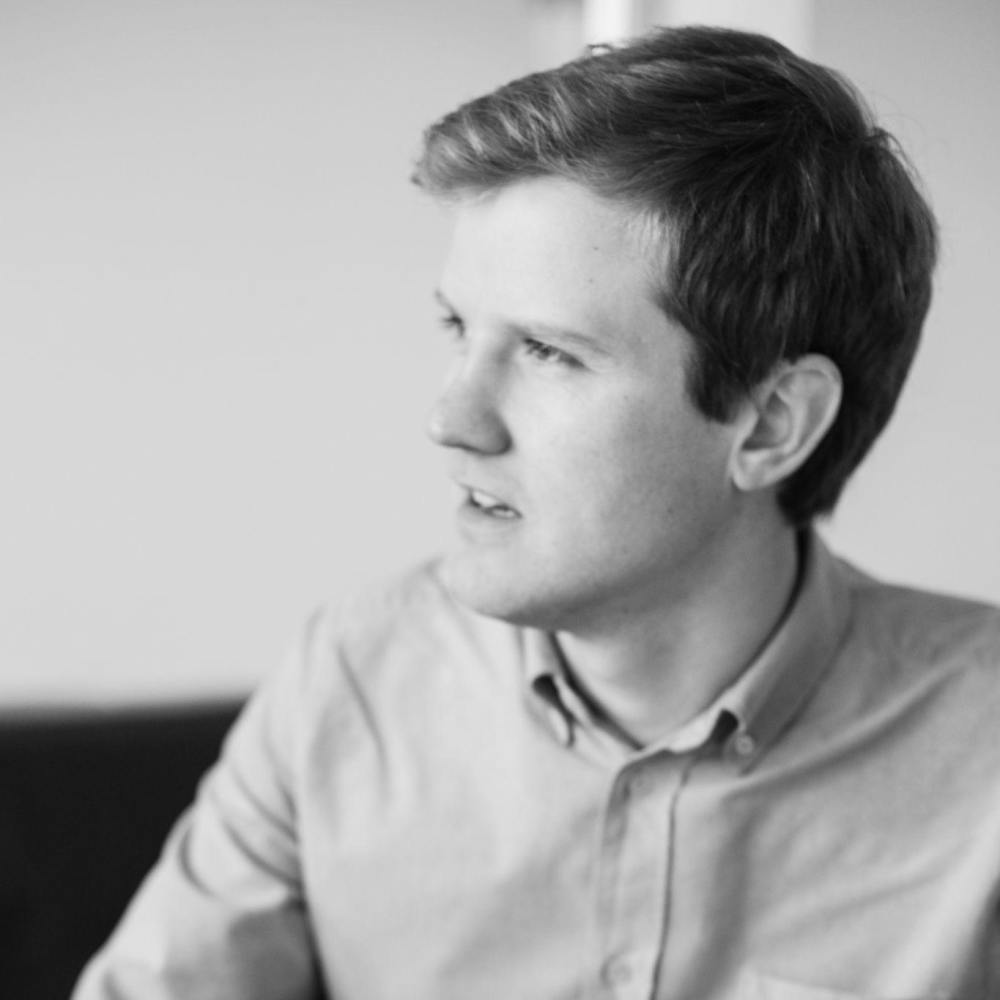
Form Ventures
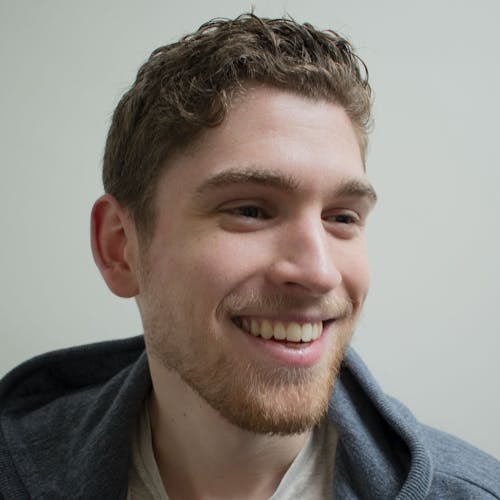
DPDK
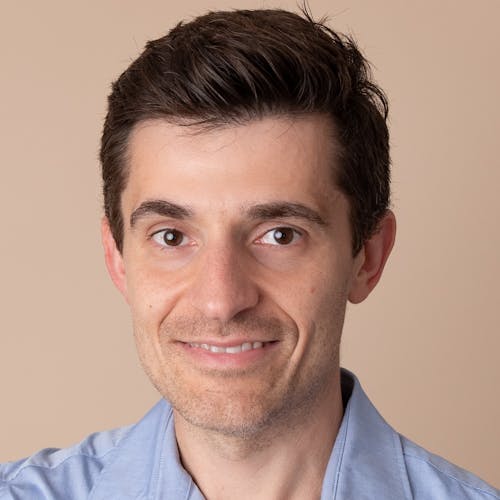
Extend Ventures
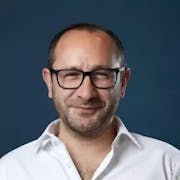
Milltown Partners

Lazard
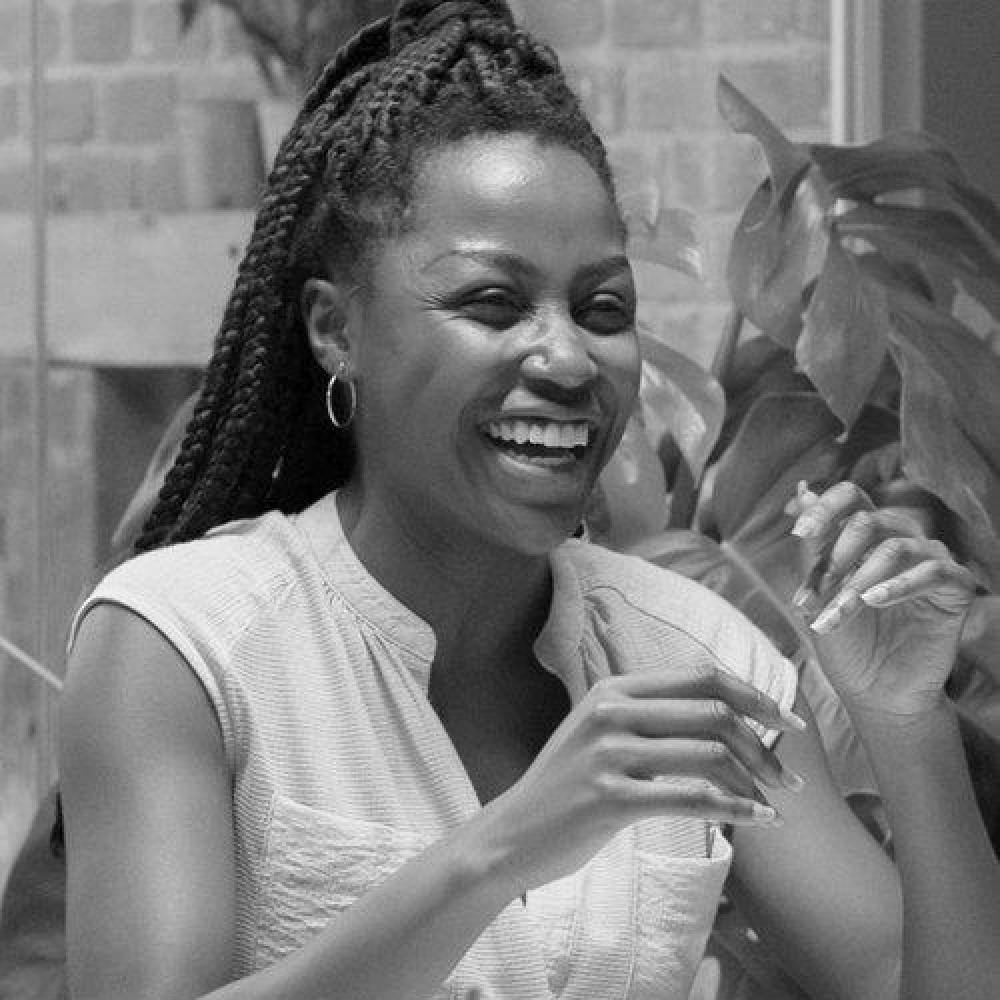
Form Ventures
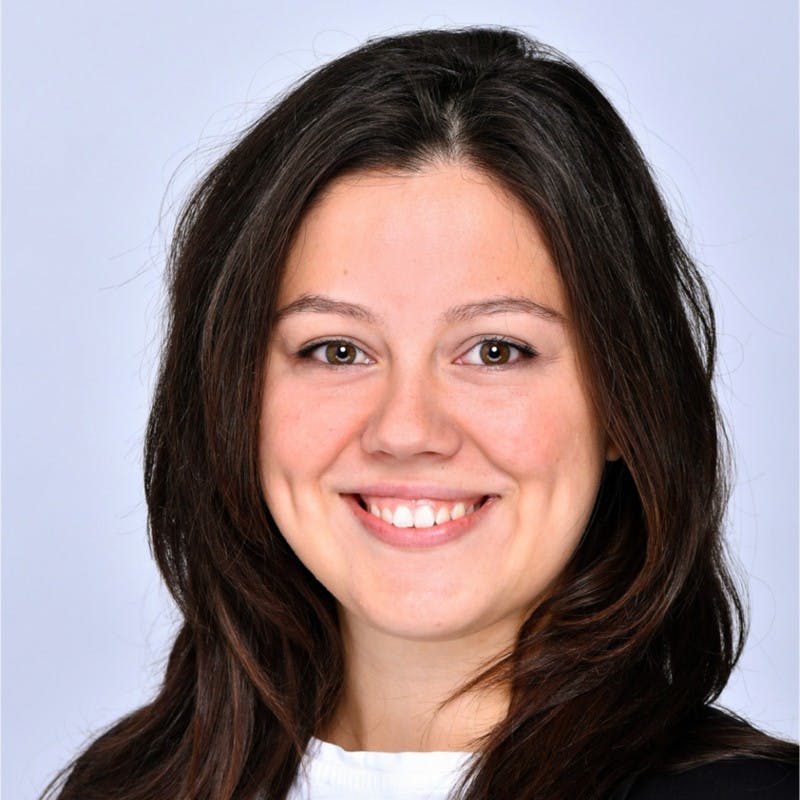
HSS Market Intel
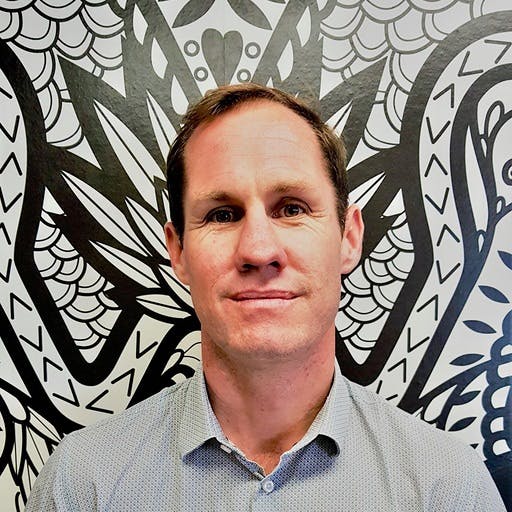
DPDK
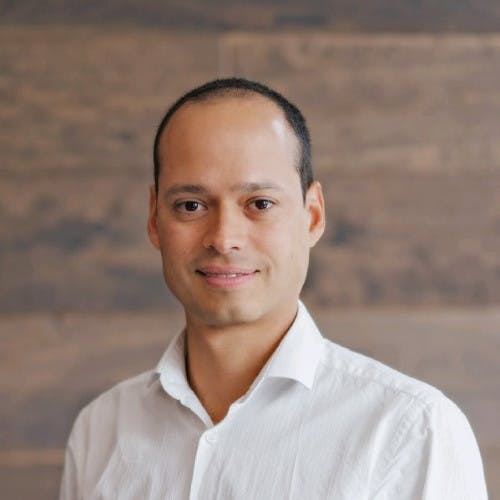
S&P Global Market Intelligence
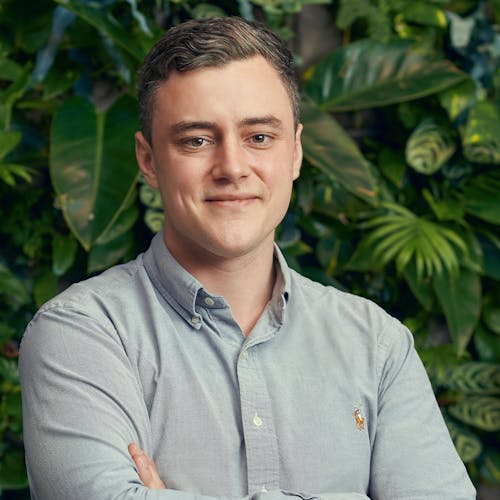
Co-founder, ESG_VC

Silicon Valley Bank UK
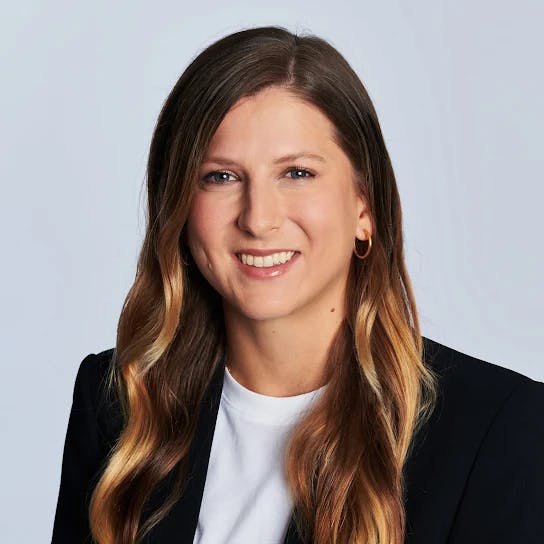
Atomico

Dealroom

DPDK
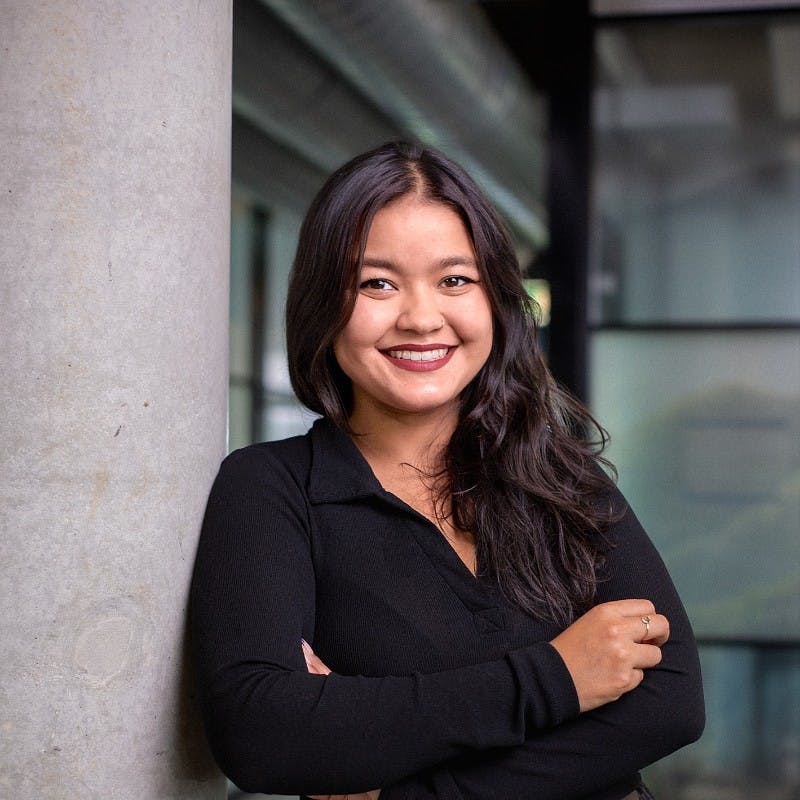
DPDK
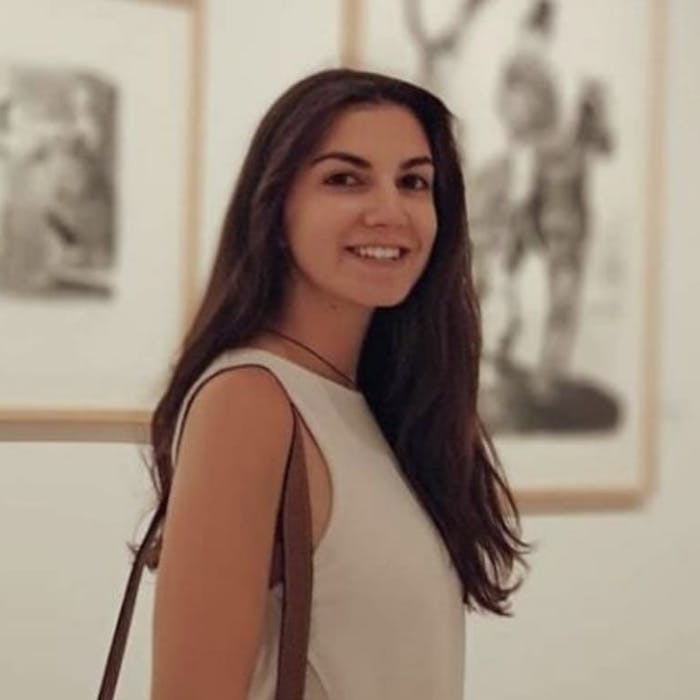
DPDK
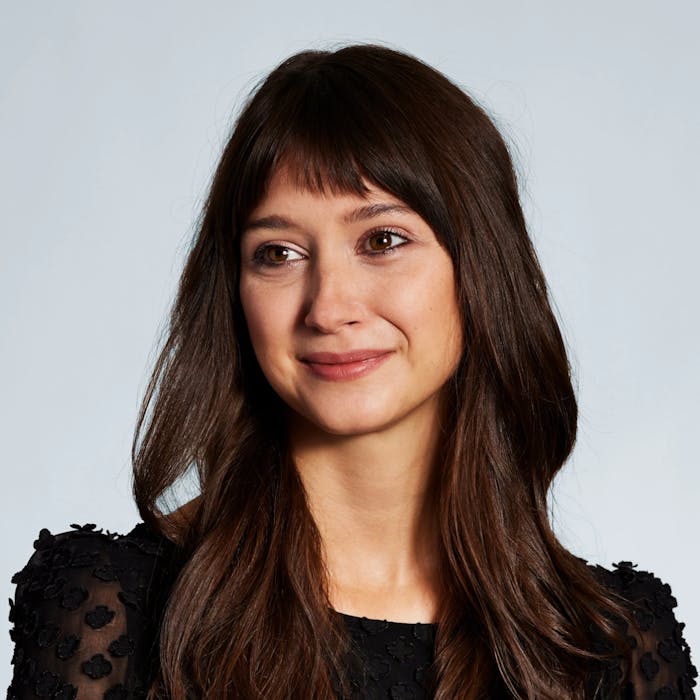
Atomico
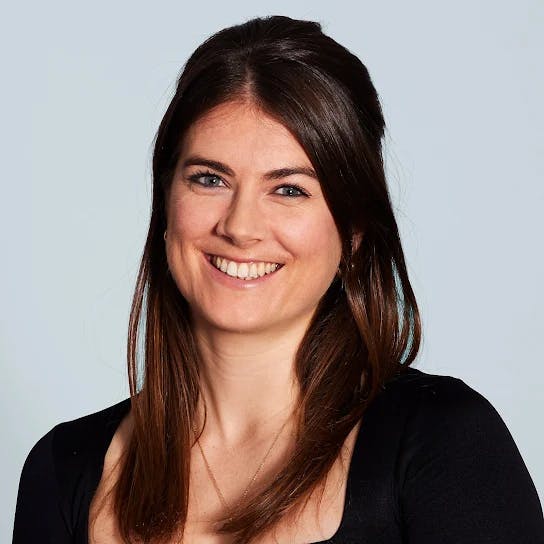
Atomico
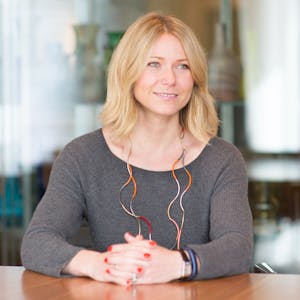
Atomico
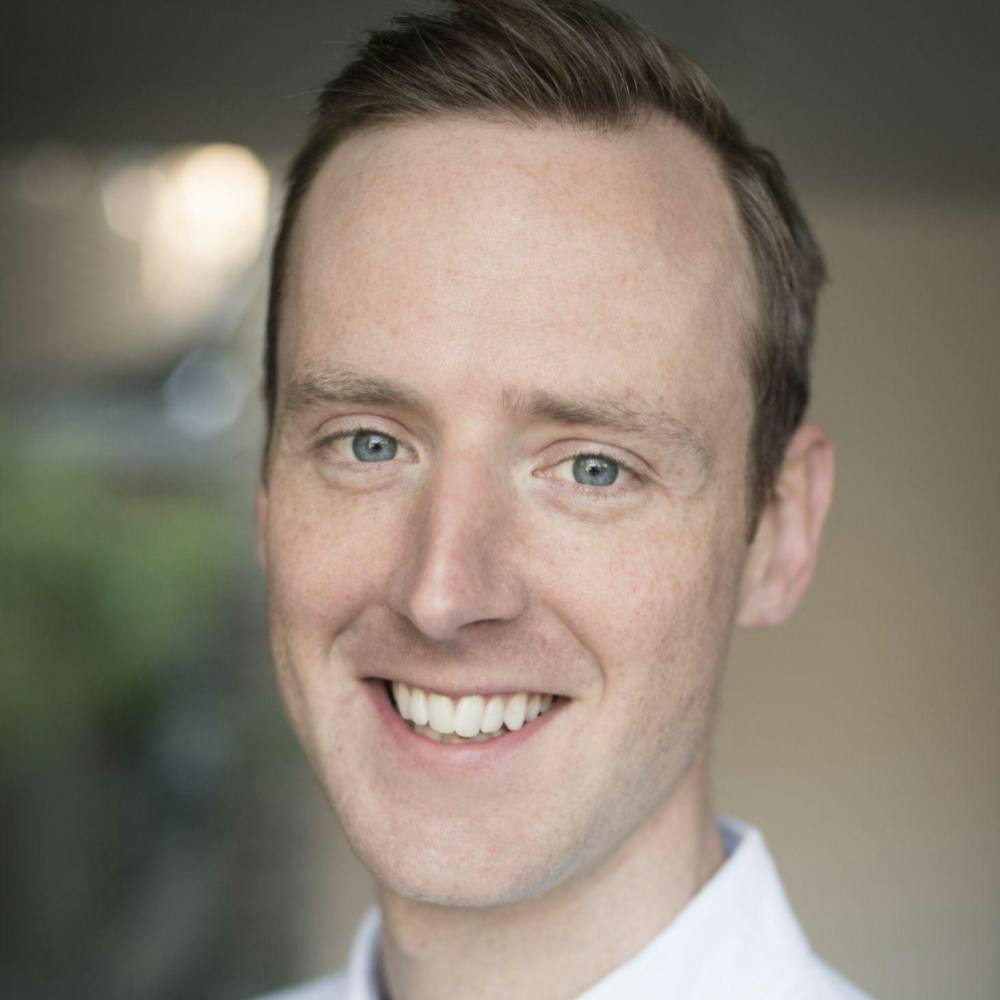
Form Ventures

Milltown Partners
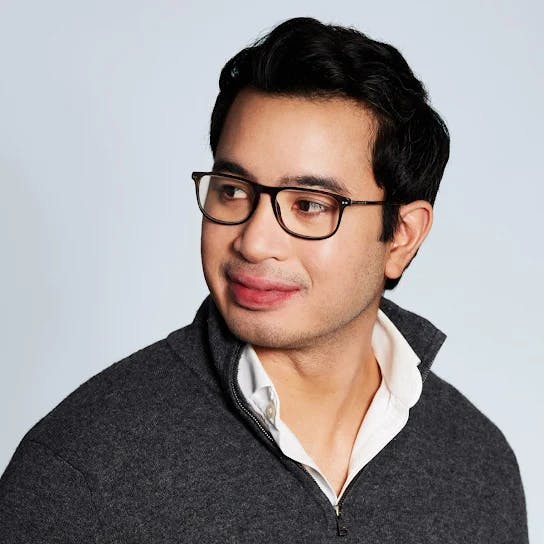
Atomico

Pave

DPDK

DPDK
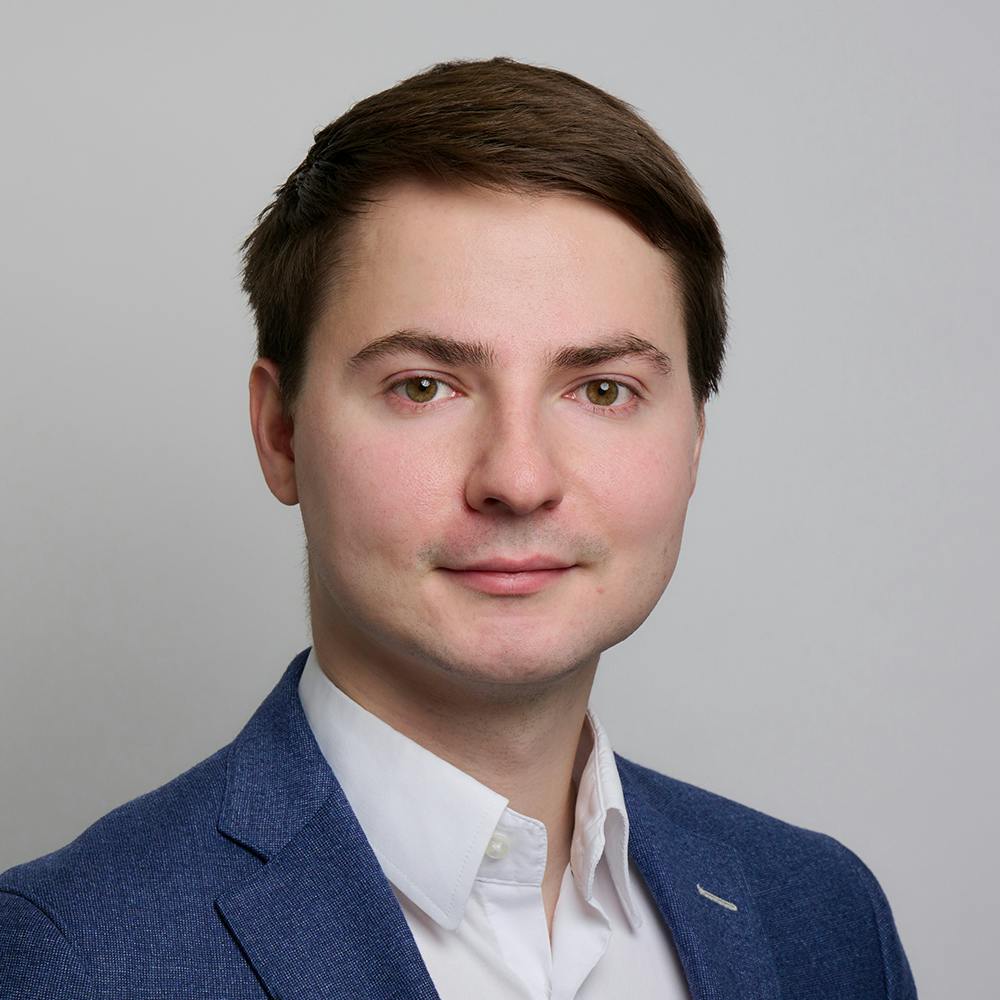
British Venture Capital Association
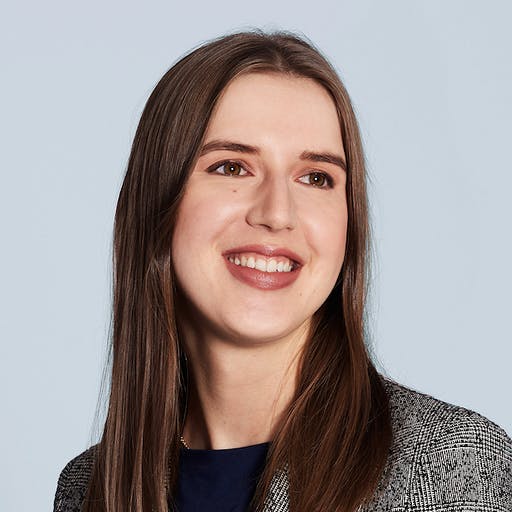
Atomico

Milltown Partners
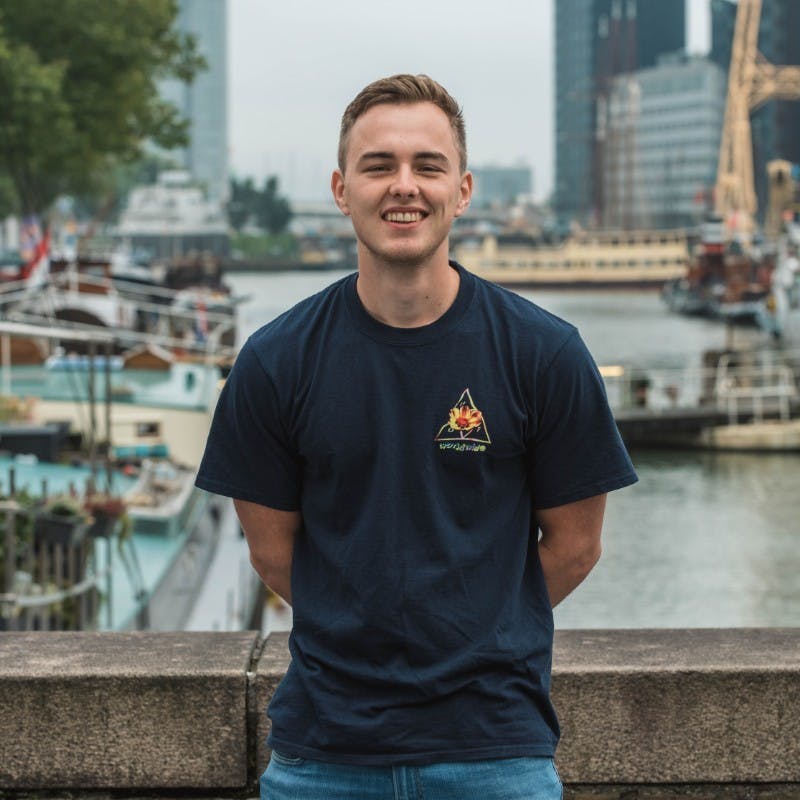
DPDK
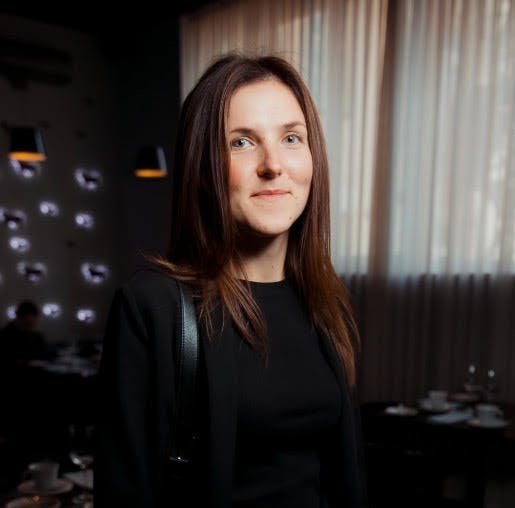
TechUkraine
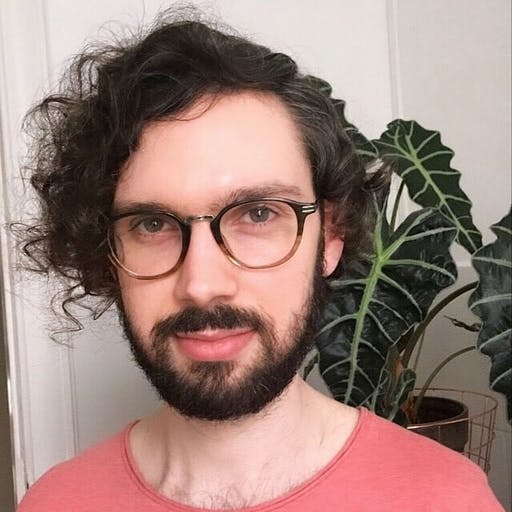
Politico

Milltown Partners
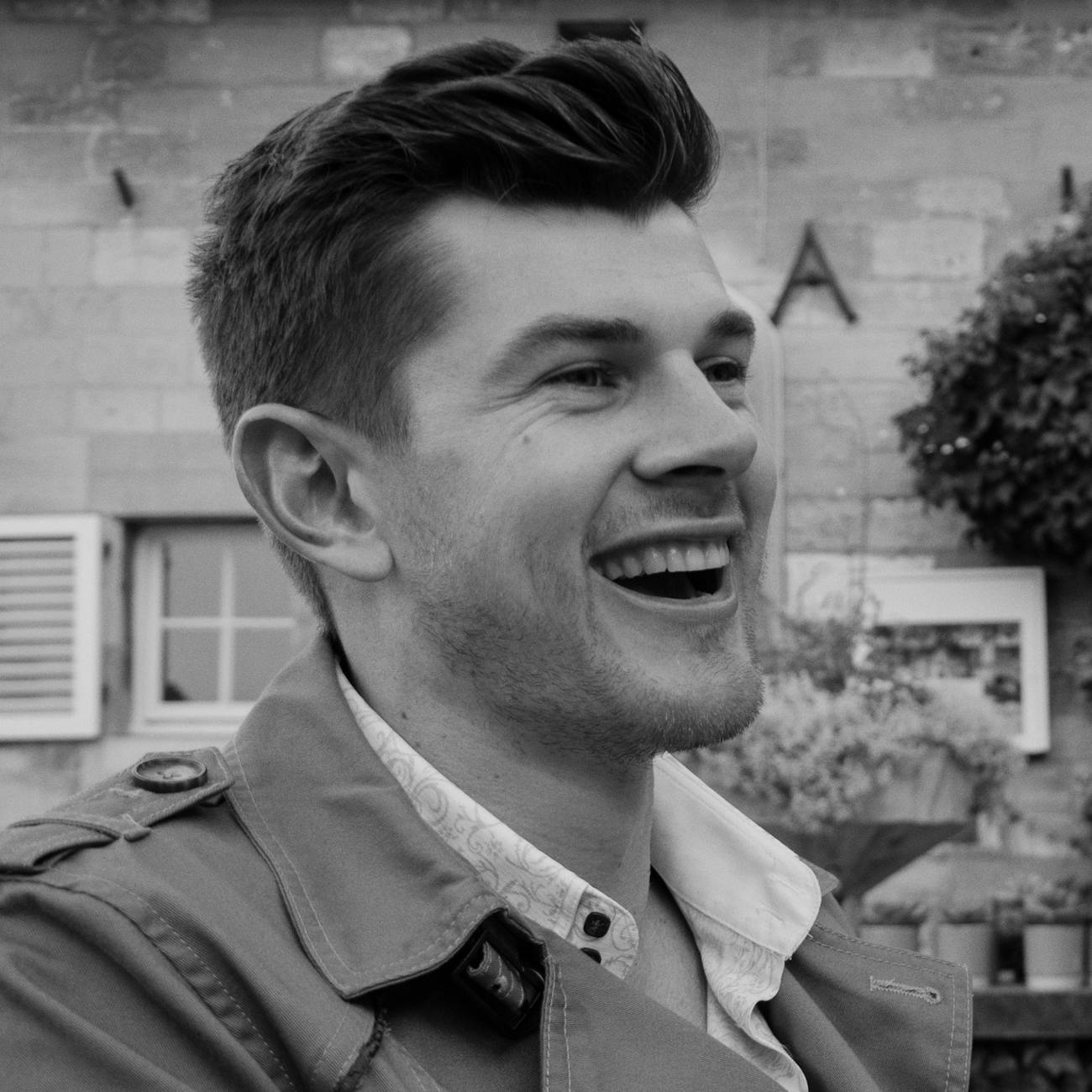
DPDK

DPDK
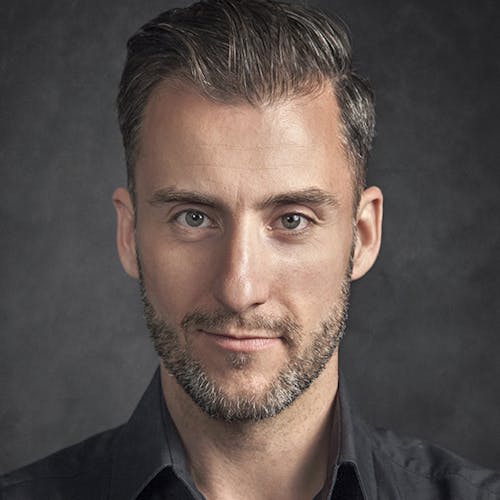
DPDK
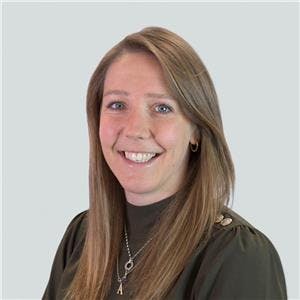
Lazard
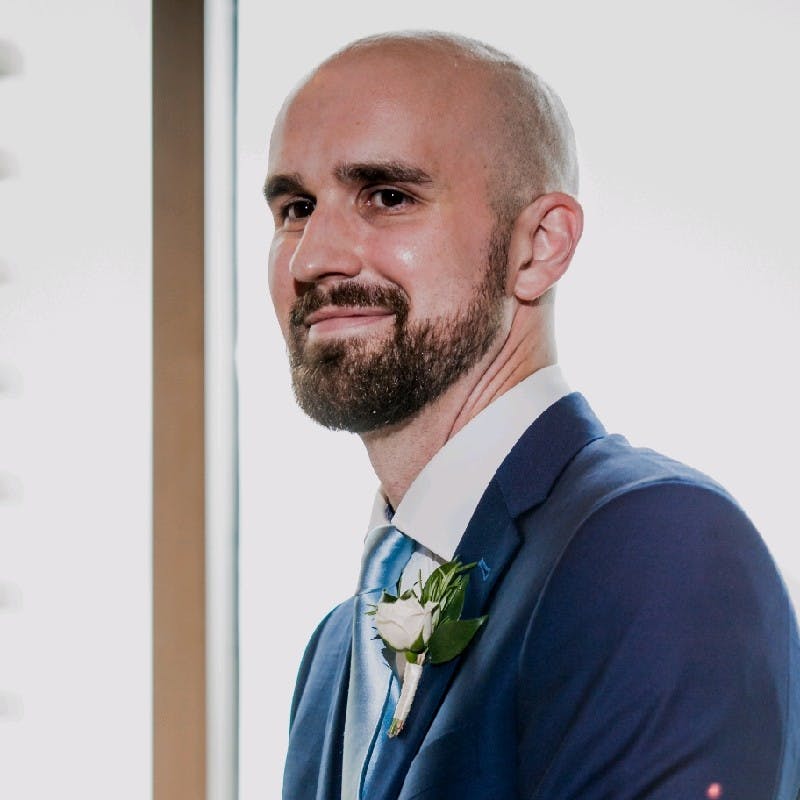
Indeed

Lazard
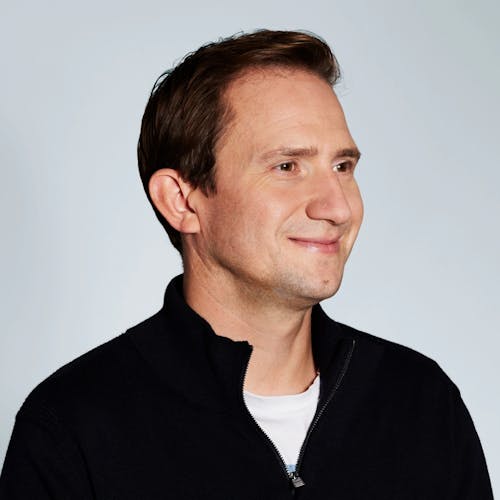
Atomico

Atomico
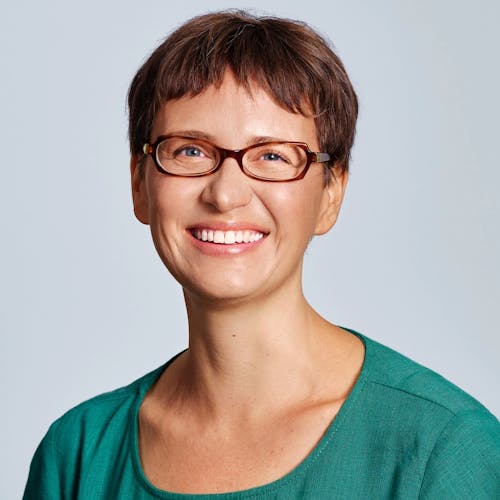
Atomico
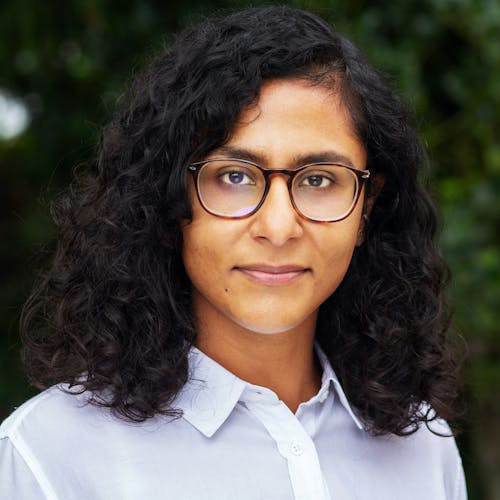
Craft
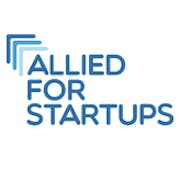


Startup Wise Guys
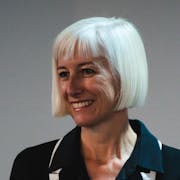
Survey champion


Dealroom

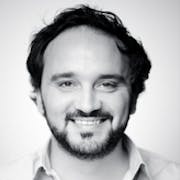
Startup Sesame
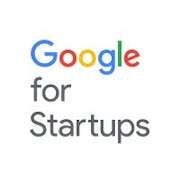

Landscape

Landscape

Beringea

Primo Ventures

Survey champion
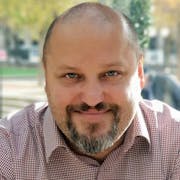
Survey champion


Station F

Tech.eu

Dealroom

Female Founders

Craft
And of course, we couldn't do this without everyone who took our survey
Aalia Shah, Aarni Heiskanen, Aarni Moisala, Aaron Davies, Abayomi Mobolaji Onibudo, Abigail Daniels, Adam Ali, Adam Kocik, Adam Lindberg, Adam Liska, Adam Mitcheson, Adelaide Cracco, Adiari Vazquez, Ph.D., Aditya Maurya, Adizah Tejani, Adrien Fernandez, Adrien Gallimard, Aernout Verhallen, Agent Europe, Agnieszka, Ahmad Hamwi, Ahmad khalili, Ahmed, Ahmed Alaa El-Din, Ahmed Kaiser, Ahmet Karakuş, Aida Lutaj, Aidan Lewis, Aidan MacMillan, Akala, Alain le Loux, Alain Mevellec, Alain Rodermann, Alan Berstein, Alan Murray, Alan Price, Alan Timothy, Alar Kolk, Alastair Millar, Alba, Alberto G., Alec Fält, Alejandro, Alejandro Restrepo, Aleksandr, Aleksandr Masalskikh, Aleksandrina, Aleksi Nurmi, Aleksi Partanen, Alessandro, Alessandro Astore, Alessandro Monticelli, Alessandro Pontari, Alessia, Alessio Redeghieri, Alex, Alex Baumann, Alex Grant, Alex MacLaverty, Alex Mauzon, Alexander Fink, Alexander Frick, Alexander Krenn, Alexander Lang, Alexander Matrosov, Alexander Oreschenko, Alexander Ribbink, Alexander Sommer-Fein, Alexandra Széll, Alexandre Barbosa, Alexandre Massart, Alexandros Papaderos, Alexandru Bogdan, Ali, Ali Iddi Kigongo, Alice Groth, Alicia Teo, Alicia Walker, Alidad Moghaddam, Aline de Santa Izabel, Alison, Alix Brunet, Allan Martinson, Alois Hotter, Alokik Advani, Alpesh Doshi, Alvar Laigna, Alvar Lumberg, Amanda Green, Amanda Philpott, Ambra, Amelia Armour, America Rocio Quinteros Condorettty, Amin Zare, Amine Athamena, Amit, Amit Patel, Ammar Asjad Raja, Amparo, Amparo De San José, Amrit, An Coppens, Ana Babaja, Ana Herrera, Ana Rita Mota, Anastasia Akula, Anastasia Fragouli, Anastasia Rother, Ander López, Anders Dewoon, Anders Hardebring, Anders Ibsen, Anders Ösund, Anders Varger, Andre Loran, Andre Pitie, Andre Rhodin, Andrea, Andrea Burocco, Andrea Di Anselmo, Andrea Gennarini, Andrea Grozdanic, Andrea Laus, Andrea Rosen, Andrea Segatta, Andrea Villani, Andreas, Andreas Dengler, Andreas Goeldi, Andreas Schwarzenbrunner, Andreas Zachariah, Andrei, Andrei Palunosik, Andreia, Andrej Wallo, Andrés, Andres Cester, Andrés García, Andres Sampka, Andrew Bennett, Andrew Cunningham, Andrew Ellis, Andrew Gerrard, Andrew Herweg, Andrew MacKay, Andrew Mennie, Andrew Moll, Andrey Drobitko, Andrey Gavrilenko, Andrey Medvedev, Andrius, Andrius Bajoras, Andrzej Tabara, Andy Ayim MBE, Andy Johnston, Aneesh Varma, Aneta Bärwolf, Angel Araujo, Angela Montanari, Angelo Dalli, Angus Walker, Anh Nguyen, Äni, Anik, Anil Kapuria, Anissa Zeghdoudi, Anita Kelava, Anjali Ramachandran, Ankit Mishra, Ann-Kristin R. Pfründer, Anna Amati, Anna Butterworth, Anna De Stefano, Anna Elsa Karika, Anna Fedulow, Anna Hielm-Björkman, Anna Nyström, Anna Serafini, Anna Trendewicz, Annamaria Tartaglia, Anne Fraser-Vatto, Anne Krebs, Anne Maaninka, Anne-Claire Blet, Anne-Laure Mention, Annica Millard, Annie, Annika Amenberg, Annika Järs, Anoop Gopalakrishnan, Anri Kivimäki, Anshul Agarwal, Anthony Finbow, Anthony Rosenthal, Antoine Post, Anton Heijs, Anton Klåvus, Anton Ossipovski, Antonela Bailetti, Antonia, Antonino Angi, Antonio Ornelas Soares, Antonio Prigiobbo, Antti, Antti Ansas, Antti Hattara, Antti Kivimaa, Antti Lindholm, Antti Pinomaa, Anya Marchenko, Aoife McArdle, Arabella Reeves, Arber G., Areiel Wolanow, Ari Harry Långsjö, Ari-Pekka Karppo, Arianna Tibuzzi, Arjan Brienen, Arnaud Legris, Arnd Mueller, Arne Morteani, Arthur Douillard, Arthur Jordão, Artis Gromuls, Arto Käyhkö, Arun Bhahirathan, Arunabh Singh, Arunas, Arya Yaghoubi, Asgeir Løno, Asger Trier Bing, Ash Ravikumar, Asher Ismail, Ashish Goenka, Ashley Cooke, Ashley Schilling, Ashok Azhagarasan, Ashutosh Pratap Singh, Asmar Ghafoor, Astrid Moullé-Berteaux, Ataliba Miguel, Aude, Audrey, Audrey Hutabarat, Augustin Sayer, Augustin Wolff, Axel Brenner, Ayan Saha, Ayşe Korkmaz, Ayşen Yazıcıoğlu, Aysenur, Aysin, B. Smulders, Bart Zaczkowski, Bartek Ogonowski, Barun, Basar, Bastiaan Anthonie Baaij, Bastiaan Bos, Bastian Funken, Beáta Vörösová, Beatrice Böhm, Beatriz Feichtenberger, Ben, Ben Challgren, Ben Costantini, Ben Greeven, Ben Wedge, Benedict Rodenstock, Benedikt Kronberger, Benedikt von Thungen, Benjamin Djidi, Benjamin Erhart, Benjamin Hie, Benjamin Sze-Wei Hie, Benoit Henry, Berenice, Berkin Ozmen, Bernard Ivezic, Bernardino D'Auria, Bernardo Zamijovsky, Bernhard Weber, Bert-Arjan ('BA') Millenaar, Besiana Balla, Beth Faus, Bettina Engert, Bhrigu Bali, Binh, Birger Magnus, Birgit Krieger, Birgit Reinhofer-Mitterer, Birthe Ross, Bjorn Gabrielsen, Björn Höglund, Blochin Cuius, Bodil Sidén, Bojana Mumovic Perusko, Bolko Hohaus, Bon Kolt, Boris Bernstein, Borut Grgic, Bosco Lai, Bradley Fehler, Brandon Cohen, Brendan Murphy, Brenninkmeijer Anthony, Brett Wigdortz, Brian Piehl, Bruce Grove, Bruno, Bruno Pires, Bruno Poggi, Bryce Keane, Burak Yirmibesoglu, Burhan Pisavadi, Busra Ozgumus, Byungki Kim, CAD, Caitlin Gould, Calin Coman-Enescu, Callum, Camila Gallo, Camila Zattar, Camilla Ley Valentin, Cansu Deniz Bayrak, Carien Nantois-Beyer, Carina, Caritta Seppa, Carles Tomás Martí, Carlos de la Esperanza, Carlos García, Carlos Trenchs, Carlotta Manzoni, Carmen Pumariño, Carmine, Carolina Gianardi, Carolina Margozzini, Caroline Hudack, Caroline P., Caroline Zhao, Carolyn Davies, Casper, Cassandra Many, Catarina Abrantes, Catherine Ogilvie, Cecilia Gross Friberger, Cengiz Akcay, Cesar Bteish, Chad Cribbins, ChanIk Jang, Chantelle Bell, Charles Lorum, Charles Tigges, Charlie Bullock, Charlie Hudson, Charlotte Ekelund, Charlotte Stromberg, Charlotte Willis, Check Warner, Chen Wang, Chevillon, Chiara Cavallero, Chiara Lettieri, Chioma, Chirantan Patnaik, Chris, Chris Dial, Chris Fellingham, Chris Hill, Chris Jones, Christer Andersson, Christer Hernestig, Christhi Theiss, Christian Bunke, Christian Delaroche, Christian Dobson, Christian Eberhardt, Christian Hindre, Christian Kassahun, Christian Langen, Christian Listérus, Christian Rood, Christian Winter, Christina Brinck, Christina Caljé, Christina Forsgård, Christine Bjarkby, Christoffer H. Malling, Christoph Hartmann, Christoph Richter, Christoph Sagemann, Christophe Martins, Christopher North, Christopher Schulz, Christos Kritikos, Chrys Massamba, Cinzia Silvestri, Ciprian Man, Ciro Acedo Boria, Claas Helmke, Claes Mikko Nilsen, Claire, Claire Lasserre, Claire McHugh, Claire Oatway, Claire Tange, Clara, Clara Probert, Clarisse Lam, Claudia Baumgart, Clemens Koos, Colin Brown, Colin Mckillop, Colin Saunders, Constantin, Cordelia Meacher, Corey Wright, Cosimo Calcagno, Cristian Stoica, Cristiano Vinattieri, Cristina, Cristina Almeida, Cristina Budacu, Cristina Salsinha, Csanad Banhegyi, Csongor Barabasi, Curtis Park, Cyprien Hallé, Cyrille Guillaud, Dag Eklund, Dale Whelan, Dama Sathianathan, Dami Adebayo, Dan Gray, Dan Hyde, Daniel Bentes, Daniel Callis, Daniel Cavallari, Daniel Chait, Daniel Duma, Daniel Espinoza, Daniel Forslund, Daniel Freeman, Daniel Green, Daniel Grisar, Daniel Hastik, Daniel Hyden, Daniel Kaszanics, Daniel Keiper-Knorr, Daniel Lederer, Daniël Magalhães Marinho-Giesen, Daniel Moore, Daniel Secareanu, Daniel Svonava, Daniel Tudor, Daniel Wärnå, Daniel Wiegand, Daniela Basile, Daniela Dubla, Danilo Rea, Dany Tello, Dario, Darja, Darko V, Darryl Sparey, Darryn Trowell, Darshan Nagaraj, David, David Boulton, David Brown, David Cabrera Ruiz, David Carrero Fernández-Baillo, David Clark, David Cleaver, David Daniel, David de Souza, David Gordon, David Hagen, David Houghton, David Hug, David Johnson, David Jouarisse, David Lofthouse, David Murray, David Norman, David Peters, David T, David V, Davide Rovera, Deborah Phethean, Declan Kelly, Declan O'Connor, Deepak Prabhakara, Denis Mingulov, Deniz Oezol, Dennis Kirpensteijn, Denys Ovsiannikov, Des, Dharmesh Malam, Dhiraj Mukherjee, Didier Boullery, Diego, Diego Cammarano, Diego Garaycochea, Diego Izquierdo, Diego Recondo, Diellza, Dietrich Aumann, Dimitrij Lewin, Dimitrios, Dimitrios Poulios, Dimitrios Rodopoulos, Dimitris Kalavros-Gousiou, Dimitris Mallas, Dirk Aelvoet, Dirk Hofmann, Diviesh Vithlani, Divyang Pandya, Dmitri Koleno, Dmitry, Dmitry Chekhunov, Dom, Domenico Nesci, Dominic Maier, Dominic McGonigal, Dominik Faber, Dominik Gross, Dominik Hertzler, Dominik Mazur, Dora Palfi, Dorothy Chou, Doug Ennis, Dougie Sloan, Dr Anand, Dr Carina, Dr Eva de Mol, Dr Fergus Boyd, Dr Michelle Rogan, Dr Ritwik Roy, Dr. Andreas Kanstein, Dr. Cyrine Ben-Hafaiedh, Dr. Jochen Haller, Dr. Lucie Poisson, Dr. Michael Lettenmeier, Dr. Nakeema Stefflbauer, Dr. Pascal Kraft, Dr. Suraj Jamge, Dr. Tim Breker, Drazen Orescanin, Dusica Lukac, Dylan Coll-Reed, Dylan Kim, Dzmitry Kryvalapau, Ebra Gohari, Ed Bardos, Edd Read, Edny Karlsen, Edoardo Gava, Edoardo Gentili, Edouard, Edward Lindqvist, Edward Y, Eetu Eskelinen, Egzon Delija, Eike, Eirik Andreas Ledesma Strøm, Eirik Talleraas, Ekaterina, Ekaterina Berdysheva, Ekaterina Vodopian, Ekrem Bozkurt, Elco van Grotenhuis van Onstein, Elena, Eleonora, Eli Peel, Elias, Elias Börgmann-Dehina, Elias Faltin, Elias Tritter, Elin Fälted, Elina, Elina Arponen, Elina Liehu, Eline Chivot, Elinor Samuelsson, Elisa Cittanti, Elisa Heimo, Elisabeth Lecuyer, Elisabetta Zaccaria, Elissa Grey, Elizabeth Pauchet, Elizabeth Robinson, Ellen Carey, Elmeri Litmanen, Elvinas, Elzan Godlewski, Emil Sievinen, Emile barker, Emilie Christensen, Emily, Emily Gill, Emir Barin, Emma, Emma Dansbo, Emma Meehan, Emma Mehan, Emma Sudnik, Emma Williams, Emmanuel Chari, Emmanuel Rytzell, Enegoloyiun Helen Odoh, Engin Kaban, Engy Youssef, Enrique Penichet, Eppu Härkönen, Ercan Tutal, Eren Soyak, Erhan Kilicozlu, Eric Auchard, Eric Brenninkmeijer, Eric Gargallo Serrano, Eric Lagier, Erica, Erik Bjorkman, Erik Dyrkoren, Erik Edin, Erik Harstad, Erik Mostenicky, Erik Stenman, Erkki Aalto, Erkki Seppäläinen, Ernst Rustenhoven, Esmeralda, Esther Song, Estia Ryan, Etamar Laron, Eugenia, Eugenia Vicente, Eva Ogriseg, Eva Rennen, Eva Saarelma, Eva van Rooijen, Eva Wissenz, Evagoras Xydas, Evan Maindonald, Evelin Bakó, Evgeny Kuznetsov, Evie Mulberry, Evrim Taskiran, Ewa Chronowska, Eyal Malinger, Eze Vidra, Fabia Höhne, Fabio Fanecco, Fabio Lancellotti, Fabio Pozzi, Fabrice Pasquier, Fabrizio Barberis, Fahad Isyaku Umar, Fanuel, Farhan Lalji, Farrukh, Fatou Diagne, Fay Jiang, Fayeni Emmanuel Nesto, Federick Stewart, Federico Brath, Federico Cuppoloni, Federico de Vicente, Federico Strollo, Felice Simonelli, Felix Balda, Felix Haas, Felix Mackenzie, Ferdinand Mühlhäuser, Fernando Fanton, Filip Koprčina, Filip Olofsson, Filip Peters, Filipetti Francesco, Fin McCormick, Fiona Dent, Fırat Özpınar, Flavia Asim, Florence His, Florent de Gantes, Florian Ludot, Florian Mezger, Florian Rival, Francesc Saldaña, Francesca, Francesco Acabbi, Francesco Audisio, Francesco Baruffi, Francesco Berra, Francesco Cerruti, Francesco Giovanni Leonardi, Francesco Perticarari, Francesco Pignatelli, Francesco Vercesi, Francesco Volpe, Francisco, Francisco Badia, Francisco Ferreira Pinto, Francisco Velazquez, Franck A. Willaime, Francois Gevers, François Solanet, Frank Verbeek, Franz Eichinger, Franziska Rantala, Frederic Hofmann, Frederic Huynen, Frederick Leuschner, Frederik Brandis, Frederik Dalgas, Frederik Vind, Fredrik Andersson Guldkula, Fredrik Håkans, Fredrik Hånell, Fredrik Johansson, Fredrik Larsson, Fredrik Posse, Fredrik Stockman, Fredrik Wigh, Fredrik Winther, Friederike Berfelde, Friederike Harvie-Clark, Friederike Reuter, FX Dedde, Gabor Komaromi, Gabriel Huntley, Gabriel Shin, Gabriele Dini, Gabriele Franco, Gabriele Fronzé, Gabriele Sportoletti, Gaétan Rougevin-Baville, Gaëtane Suzenet, Galina Markova, Garan Goodman, Garri Jones, Gavin Haycock, Geetali, Geir Bækholt, Gela Suli, Gennadii, George, George Brand, George Dimitriou, George Jackson, George Maksimenko, George Mills, George Thomas, Georges Bory, Georgi Mitrovsky, Georgi Tonchev, Georgia Kalantzi, Georgios Dimitriou, Gerald Janes, Gergely Nagy, Gesa Miczaika, Ghislain Terrier, Giacomo de Renzi, Gian Marco Brizzolara, Giancarlo Rocchietti, Gianella, Gianluca Dettori, Gianmaria, Giles Edwards-Alexander, Giles Elliott, Giles Peddy, Gill Hauzmann, Gilles Hamou, Giorgi, Giorgio Buggio, Giorgio Pastarini, Giorgio Ripamonti, Giovanni Ciraolo, Giovanni Locatelli, Giselle Frederick, Gisle Østereng, Giulia Van Waeyenberge, Giulio Caperdoni, Giuseppe Colucci, Giuseppe Iannaccone, Gizem Sezer, Glenn Bilby, Glenn Murphy, Glenn Smith, Gloria Baeuerlein, Gökçe, Gonçalo Sousa Coutinho, Gonzague Bernard, Gosia Wrzesinska, Grace, Grace Cassy, Grace Keeling, Grace Pan, Graham Elliott, Greg Brown, Greg S, Gregorio Rodriguez, Gudjon Gudjonsson, Guglielmo Sirolli, Guidione Machava, Guillaume Bregeras, Guillaume de Vesvrotte, Gülnur Dönmez, Gunnar Grip, Gurvinder Paul, GVC, Gytis Stakenas, Hakan Nytorp, Halit Kosmaz, Hanna, Hanna Becker, Hanna Grevelius, Hanna Jones, Hanna-Stina Sonts, Hannah Tilston, Hannah Wickes, Hannu Rantanen, Hans Christian B. Andersen, Hans Langthaler, Hans Pauwels, Hans Peter Bissinger, Hans van Houwelingen, Harri Tallinn, Harri Toivonen, Harry, Harry Briggs, Harry Hawkins, Harry Järn, Harry Moy, Harsh Rodrigo, Harshini Zaveri, Hasan Alemari, Hasmik Avetisyan, Hatem Fassatoui, Hazal Önsöz, Hege Tokerud, Heidi, Heidi Kakko, Heikki Almay, Heikki Mustonen, Heikki Salo, Heikki Sjöman, Helen, Helen Poetri, Helena Maripuu, Helga Valfells, Heli Koski, Henk de Jong, Henning Einsiedel, Henri Eloranta, Henri Haaksiala, Henri Hakamo, Henri Huotari, Henrik Karlsson, Henrik Wetter Sanchez, Henry MacDonald, Henry Wilen, Herbert ten Have, Herman Kienhuis, Herve Cuviliez, Hiroki Takai, HJ Jung, Hjalmar Gislason, Holger Eriksson, Holly Welstead, Horace Mitchell, Hossein Nazarboland, Hugo Perttu, Hugo Valdivia, Hugo Weber, Humair, Hussein, Ian Cummins, Ian Dowson, Ian Ellis, Ian R Welch, Ian Thomas, Ibrahim Kaya, Ida Stjernström, Ieva, Ignacio Moro, Igor Zacek, Ilia, Ilia Zelenkin, Ilkka Lakaniemi, Ilkka Vuorenmaa, Ilmars Osmanis, Imran Khan, Imran Merchant, Ingar S. Bentsen, Ingrid af Sandeberg, Ingrid van Rest, Ion-Gheorghe Petrovai, Ionut Scripcariu, Iren Reznikov, Irina Grygoryeva, Iryna Supruniuk, Isabel , Isabell Kunst, Isak Abrams, Itu-Ran, Iulian Crăciun, Ivan Vasilev, Ivano Menso, Ivar Kruusenberg, Ivo Remmelg, Ivo Spigel, Iwona Cymerman, Jaana Kokkonen, Jacek Blonski, Jacek Łubiński, Jack Christopher, Jack Rogers, Jacob Curt-Hubold, Jacob Haeger, Jacob Williamson, Jacopo, Jacopo Drudi, Jacqueline Ruedin Rüsch, Jacquie Harvey, Jad Matta, Jag Singh, Jaime, Jaime Delgado, Jaisal Ashraf, Jake Stevens, Jakob Gajsek, Jakob Lindmark Frier, Jakub, Jakub Korczak, James, James A G Shaw, James Downing, James Fox, James Heath, James Molloy, James Windsor, James Wright, Jamie Lesser, Jan Alberti, Jan Debets, Jan Habermann, Jan Magdić, Jan Mattsson, Jan Mumme, Jan Strøm, Jan-Åke, Jane Vita, Jane Walerud, Janek Kraus, Jani Kurki, Janis Kreilis, Janna, Janna Goncharova, Janne, Janne Jul Jensen, Janne K, Janne Korhonen, Janne Saarikko, Janneke Niessen, Jannik Ellegaard Hove Pedersen, Janusz Żebrowski, Jari, Jarmo Kuusivuori, Jarne Atsar, Jaroslav Trojan, Jas Shah, Jason DiLullo, Jason Goodman, Jasper Kurjenniemi, Jasper Reiser, Jasvinder Singh, Javier Sánchez, Javier Sánchez González, Jaysri, JD, Jean Bertin, Jean Charles, Jean Claude Ghinozzi, Jean-Francois Le Ruyet, Jean-Michel Gauthier, Jeffrey Coleman, Jeffrey Haas, Jenna Andelin, Jenny He, Jenny Lindblad, Jenny Tooth OBE, Jens Harig, Jens Karlsson, Jeppe Wang Hjorngaard, Jere Erkko, Jeremy Acklam, Jerome, Jerry Kola, Jes Andersen, Jesper, Jesse Jeng, Jesse Kaukolahti, Jessica Pålsson, Jessica Stewart, Jesús Leganés-Combarro, Jeya Sivans, Jie Li, Jihee Jung, Jill Persson, Jim Runsten, Jimmy Simons, Jo Dalton, Joan Cavallé, Joan Marc Alomar, Joanna Jasińska, Joanna Pydo, João de Saldanha, João Nunes, João Silva, Joao Trigo da Roza, Jocke Martelius, Jockum Hultén, Joe Doughty, Joe Jordan, Joe Knowles, Joe Seager, Joey Jones, Johan Björkquist, Johan Frenckner, Johan Renman, Johan Söör, Johan Spindler, Johanna Hulkko, Johannes Rettig, Johannes Söderberg, John Elvesjö, John Jacobs, Jon, Jon Beltran de Heredia, Jon sykes, Jonas Hagströmer Theodorsson, Jonatan Marc Rasmussen, Jonathan Basse, Jonathan Biggs, Jonathan Carrier, Jonathan Hollis, Jonathan Morris, Joni Kling, Joni Liikanen, Joonas Loueranta, Jordan Mayo, Jordan Watson, Jordi Vidal, Jorge, Jorge Lluch, Jørn Haanæs, Jose Luis zagazeta, Joseph Mariathasan, Josh Davey, Josipa Majic, Jouni Frilander, Jouni Leskinen, Jouni Salo, Juan, Juan Jesus Yubero, Juan Ocampo, Judith, Juha Jokinen, Juha Lauhamaa, Juha Riippi, Juha Ristolainen, Juha Saukkonen, Juho Rautiainen, Juke Trabold, Jukka, Jukka Keinänen, Jukka-Pekka Heikkilä, Julia, Julian Mattes, Julie Curran, Julio Martinez, Julius Tuomisto, Jun Shin, Jussi Paski, Just Beyer, Justin Edwards, Justus Tölle, Justy Cho, Juulia Karjula, Juuso, Juuso Korhonen, JW Kluivers, Kai Baumgartner, Kaido Saar, Kalle Nevala, Kamil Kwećka, Kara Amantoy, Karan Behar, Karel Bourgois, Karel Zheng, Karen Falenius, Kari Anne Solfjeld Eid, Kari Vuorinen, Karim Sambrana, Karim Traiaia, Karin Andersson, Karina, Karl, Karl Hess, Karl McCarthy, Karoliina Kauhanen, Karolina Ling-Vannerus, Karsten Miermans, Kartik, Kaspar Kägu, Kasparas Jurgelionis, Kasparas Navickas, Kasper, Kasper Saugmann, Kata Varblane, Kate Afanasyeva, Katerina Chantzi, Kateryna, Katinka Weber, Katja Grothe-Eberhardt, Katja Palovaara, Katri Teräsniska, Katy Wigdahl, Kave Bulambo, Kavita Surana, Kei Hareyama, Keijo Koivu, Keith Robinson, Keith Tan, Kelli Fairbrother, Kemi Ashogbon, Kenneth Jeng, Kenneth Mühleisen, Kerry Baldwin, Kerry Murphy, Kerry Ritz, Kerstin Bock, Kevin Glasgow, Kevin Kuipers, Kevin Le Floch, Kevin Scott, Kevin Seebacher, Kevin Withane, Keyvan Thomsen Bamdej, Khadija Ashfaq, Kilian Massiah, Kim Oguilve, Kimberley Ferguson, Kimmo Lehtonen, Kiran Abraham, Kirsi Lainema, Kjartan Rist, Kjell Backlund, Kjetil Holmefjord, Klaas H, Knut, Knut Landsverk, Koen Vandecaveye, Kofo Mary Are, Kolawole Okuboyejo, Konstantin Koenig, Konstantin Kogan, Konstantin von Bueren, Konstantin Youdenko, Konstantinos Iliopoulos, Konstantinos Kalogerakis, Konstantinos Karystinakis, Konstantinos Kouzelis, Korhan Büyükdemirci, Kosten Metreweli, Kourosh Ghaffari, Kris Haamer, Kris Vandenberk, Krishna, Krista Jäntti, Kristian Branaes, Kristian Ekholm, Kristian Eriksson, Kristian June, Kristian Øvsthus, Kristian Rönn, Kristiina, Kristina Raggl, Kristine Nagle, Kristjan Novitski, Kristjan Vilosius, Kristofer Kalén, Kristoffer Laurson, Krists Avots, Krzysztof Przybylak, Ksenija Milicevic Neumann, Kunal, Kyle DuPont, L Christer Andersson, Lara, Lara Gilman, Lara Rodríguez, Larisa, Lars Crama, Lars Landberg, Lars Lindgren, LarsGoran Bostrom, Latessa Cédric, Laura Avonius, Laura McGrath, Laura Navas, Laura Tillo, Laura Vizena, Lauren Stewart, Laurent Kaestli, Laurie Young, Lawrence Hume, Lawrence Lundy-Bryan, Leath Al Obaidi, Leen Breevoort, Leif Sundström, Lena Thiede, Lenka Hankovcová, Leo Haanpää, Leonard Burger, Leonard Orth, Leonardo Giagnoni, Leonardo Massa, Leroy, Letizia Mansutti, Lidia Neagu, Liisi Org, Lily Glasson, Linda Griffin, Linda Rehn, Linda Võeras, Ling Lin, Lisa, Lisa Enckell, Lise Fulland, Liselore Havermans, Lisett Luik, Liz Scott, Logan Reilly, Loic Fonteneau, Loïc Struyvelt, Lola Elejalde Hernani, Lorena García Martos, Lorenzo, Lorenzo Moretti, Lorenzo Niola, Lotta Vänskä, Louis van Garderen RA, Louise Åsheim, Lovisa Stenbäcken Stjernlöf, Luc, Luc Jacobs, Luca Carlucci, Luca Morena, Lucanus Polagnoli, Lucia Cerchlan, Luciana Juarez, Lucija Iličić, Lucy Chatburn, Luigi, Luigi Mallardo, Luis, Luis Zarate, Lukáš Konečný, Lukas Macko, Lukasz Foks, Łukasz Obuchowicz, Luke Graham, Lukky, Lutz J. Voelker, Lynn Lin, Lyubomyr Koval, Maarten Van Gorp, Maciej Lehmann, Macy, Madeleine Bjørnestad Røed, Madis Müür, Mae, Magda, Maggy Frias, Magne Uppman, Magnus, Magnus Hultman, Magnus Nordseth, Mahmoud, Mahmoud Kotb Mohamed, Mahmoud Mansouri, Maija, Maisie Barlow, Malcolm Kemp, Malin, Man Yong Toh, Mandeep Singh, Manolis Kokolakis, Manuel Grenacher, Manwoo Park, Mar, Mara Vendramin, Marc, Marc Badosa, Marc Lambrechts, Marc Serra, Marc Tjoe Fat, Marcello Giordani, Marcello Melandri, Marcin Zachowicz, Marco Cappellini, Marco Cevat, Marco Cravetto, Marco Filippi, Marco Gullà, Marco Lamas, Marco Rampazzo, Marco Rossi, Marco Simonetti, Marco Valentini, Marco Z. Di Fraia, Marcus Lådö, Marcus Quierin, Marek Mühlberg, Marek Wrobel, Marga Calvo, Margarida Garcia, Margarida Partidário, Margret Lena Kristensen, Margus Ülper, Mari-Liis Kitter, Maria, Maria de Freitas, Maria Giulia Boscolo, Maria Jose Perea Marquez, Maria Klemetz, Maria Korolova, Maria Markkula, Mariangela Squarciafico, Marianna, Marie Wall, Marijke van Hees, Marijn van Rijswijck, Marika Svärdström, Mariliis Beger, Mario, Mario Branciforti, Marion Kallakas, Marius Fredriksen, Marius Mocanu, Marjo Sutinen, Mark, Mark Beresford, Mark Caswell-Daniels, Mark Lomax, Mark Monteiro, Mark O'Toole, Mark Pearce, Mark Seres, Mark Wormgoor, Markku J. Korhonen, Marko Hara, Marko Kärkkäinen, Marko Kokko, Marko Kyyrönen, Marko Streng, Markus Bohl, Markus Raunig, Markus Sandelin, Markus Vesala, Marleen, Marloes van Leersum, Marnix, Marsalo, Marta del Castillo, Marta Fuehrich, Marta Jakab, Marta Zaccagnini, Marte Martin, Martial Valery, Martijn Hamann, Martin Buchwitz, Martin Ferdinand Hämmig, Martin Haemmig, Martin Ivan Rios, Martin Köling, Martin Kroener, Martin Ott, Martin Pietzonka, Martin Rigby, Martin Theyer, Martin Willers, Martina Barabas, Martina Voskova, Martinas Eitmonas Brazauskas, Martti Heikkilä, Masato Iino , Mascha Bonk, Massimilano, Massimo Ruffoni, Mat Schubert, Matej Zabadal, Matheus Fierro, Mathias Pastor, Mathilde Kverneland, Mathilde Lyet, Matias Huhtala, Matias Ketonen, Matilde Pinto, Matt Jarmolkiewicz, Matt Linehan, Matt Penneycard, Matteo Cevese, Matteo Leonardi, Matthew Cheung, Matthew Gazeley, Matthew Kern, Matthias, Matthias Schmidt, Matthias Ummenhofer, Matthijs Blokhuis, Matti Liukkonen, Matti Viita, Matti Vilola, Mattia Monti, Mattias Wiking, Matts Andersson, Mattthias Schmidt, Matty Shafran, Mauricio Esguerra, Maurits Berger, Max, Max Brigonzi, Max Meran, Max Moldenhauer, Max Wolfe, Maxime Cavrois, Maxime John, Maximilian Eckel, Maximilian-Peter Werner, May Huang, Mayur Upadhyaya, MB, Meelik Gornoi, Megan Bingham-Walker, Megumi Ikeda, Mehdi Ghissassi, Mehmet B. Kirca, Mehmet Perk, Mehmet Yiğit, Melinda Elmborg, Melissa Sabella, Menia, Merit Valdsalu, Merlin, Mia Wähälä, Micah Judish, Michael, Michael Akampa, Michael Boevink, Michael Calver, Michael Dimelow, Michael Eisenberg, Michael French, Michael Hochholzer, Michael Hock, Michael Kabát, Michael Krayenhoff, Michael Martin, Michael Muecke, Michael Rager, Michael Steinmann, Michael Young, Michal Ciffra, Michał Olszewski, Michał Papuga, Michel Decorte, Michel Dewolfs, Michele Boccardi, Michele Capobianco, Michele D’Aliessi, Michele Volpi, Michelle Cotter, Micol Chiesa, Mignot, Miguel Barbosa, Miguel Zurita, Mihkel Karu, Miikka Harjuntausta, Mika Leivo, Mika Romanoff, Mika Tuoma, Mikael Kojo, Mikael Männik, Mikael Stern, Mikael von Dorrien, Mikaela Lundh, Mike Angel, Mike Martin, Mike Powell, Mike Tooke, Mike Turner, Mikk Orglaan, Mikkel Rørvig, Mikkel Winther, Mikko Haapala, Mikko Suonenlahti, Mikko Veikkolainen, Miklos Blasko, Mikolaj, Mila, Mila Cramer, Milja Köpsi, Minna Storm, Mirella Kiuru, Miriam, Miriam Ducke, Miriam Irungu, Misha Gopaul, MM, Mohammad Mulla, Molly Taylor-Fagan, Monika, Montse Daban, Moritz Strauss, Moritz von Grotthuss, Morten Petersen, Morten von Krogh, Moyses Moyseos, Mr. Bremer, Mr. Nwanyanwu Benneth Udodiri, Muhammad Ammad-ud-din, Mujib Bazhwal, Muntasir Rashid, Murad Masri, Muralidhar Somisetty, Musa Aziz, Myladie Stoumbou, Myrthe Hooijman, Nader AlSalim, Nadiia Yuzkova, Nadine Torbey, Nadya Ivanova, Naim Taleb-Dumortier, Nansi Nistorova, Napala Pratini, Nasir Zubairi, Natalia Bejan, Natalie, Natalie Somekh, Natalya Vilyavina, Natasha Ratanshi-Stein, Nathan De Troyer, Nathan Timmis, Nazanin Boojar, Nazim Damardji, NB, Neil Hallmark, Neil Shah, Neill Watson, Neven Boyanov, Niaz Patwary, Niccolò, Niccolò Sanarico, Nichlas Westerby, Nicholas de Vibe, Nicholas Gallie, Nicholas Ibery, Nicholas Russell, Nick Carbonari, Nick Fairclough, Nick Goldie, Nick Kalliagkopoulos, Nick Katz, Niclas Englert, Nico, Nico Fo, Nico Stabla, Nicola Koronka, Nicolas Meier, Nicolas Servel, Niels Schneider, Nik Rozenberg, Nika Pintar, Nikita Korobeynik, Niklas Zilliacus, Nikola Vukovic, Nikolai, Nikolai Skelbo, Nikolas Noetzel, Nikolay Prokopiev, Nilson Kufus, Nina, Nina Vielen-Kallio, Noa Segre, Noel Rock, Noora Saksa, Nozomi Isshiki, Nuno Guimarães, Nuno Quental, Obi Nnewuihe, Obinna Kelechi Oliaku, Ochs, Odd Morten Sørensen, Ojas Sekhri, Ok, Okan Kara, PhD, Ola S. Smeby, Ola Sars, Olalla, Olav Ostin, Ole Bruun Jensen, Oleg Danylenko, Olesja, Olga, Olga Kravchenko, Olga Miler, Olga Shirokova, Olivier Timmerman, Ollie George, Ollie Richards, Olya Klueppel, Onni Rautanen, Oren Pinsky, Orphée, Oscar Farres, Óscar García Rodríguez, Oskar Jönsson, Oskari Saarenmaa, Osman Alp Arli, Ott Heidmets, Oussama Baderkhane, Oz Har Adir, Paavo Räihä, Pablo Derpich, Pablo Fernandez Blanco, Pablo Jordi, Pablo Moreno Casares, Pablo Perea, Paco Nicodemo, Paloma Castellano, Panos Papadopoulos, Paola Bonomo, Paolo Giolito, Paolo Malerba, Paolo Moretti, Paolo Savini Nicci, Pär Hedberg, Pascal Weyerhaeuser, Pasi A Karjalainen, Patricia Camarero, Patricia Poon, Patricia Warner, Patrick, Patrick Alexander Fuchs, Patrick Barbey, Patrick Fopma, Patrick Frinault, Patrick McGrath, Patrick Montague, Patrick Van Roey, Patrik Buckau, Patrik Illerstig, Paul, Paul Davies, Paul Decraemer, Paul G. Putz, Paul James, Paul Klemm, Paul Leondaridis, Paul Maher, Paul Mauhin, Paul Moriou, Paul Nylund, Paul Patras, Paul Popa, Paul Wilkinson, Pauline Li, Pavel, Pavel Afanasiev, Pawel Osterreicher, Peder Burgaard, Pedro Aquino, Pedro Arribas Gridilla, Pedro Caetano, Pedro Engberg Andersen, Pedro Moura, Pedro Ribeiro Santos, Pedro Trujillano Dorado, Pelle Heikkilä, Per Anell, Per Christian Goller, Per Edström, Per Jansson, Per-Olof Bengtsson, Perdie Alder, Pere Valles, Pete Alexander, Peter Afzelius, Peter Antoniac, Peter Boda, Peter Dean, Peter Egehoved, Peter Globokar, Peter Glover, Peter Green, Peter Hiscocks, Peter Ingman, Peter Montgomery, Peter Munkholm Nielsen, Peter Romanowski, Peter Sorg, Peter Thorner, Peter Tsang, Petr Chmelík, Petri Kajander, Petri Laine, Petri Lehtonen, Petri Rajahalme, Petteri Verronen, Philip Green, Philip Reynolds, Philipp Bieberstein, Philipp Rosengarten, Philipp Wellmann, Philipp Werner, Philippe Huberdeau, Philippe Noël, Philippine Waisvisz, Pia Erkinheimo, Piera Della Porta, Pieter Hammerstein, Pietro Calzini, Pietro Cavallo, Pilar Prados, Piotr, Pipo Yraola, Pirjo Virkkunen, Pirkka Palomaki, Piyush, Pjotr van Schothorst, Pontus Noren, Pozniakova Svitlana, Praneel, Prashant Shah, Prem Anand R, Prem Munday, Preston Junger, Priit Kaasik, Prince Eke Bona Chigozie, Prof. Dr. Christian Horneber, Prof. Gunnar Graef, Professor Dylan Jones-Evans OBE, Rachel Stott, Rafael, Rafael Braganca, Rafael Luis, Rafael Orta, Ragnar Agnell, Rahul Ganatra, Rahul Parekh, Rainer Sternfeld, Raju Basumatary, Rakesh, Raluca Jianu, Ramesh Ellantodath, Rana Lonnen, Rando Rannus, Raoul de Liedekerke, Raph Crouan, Raquel Bernal, Rasmus Adler Wahlberg, Rasmus Hellen, Rasmus Holst, Rathan Kumar A, Rauan, Ravi Kaushik, Raz, Raza, Rebeca Tristan, Rebecca Hastings, Rebecca Jackson, Rebekah Clark, Reem Kidane, Reetu Kainulainen, Reji Vettasseri, Remi Corlin, René Backx, René Koster, Rens Dommerholt, Reulier, Rhett Hendrix, Ricard, Ricardo Pedrol Vilas, Ricardo Urrestarazu Capellán, Riccardo, Riccardo Bassetto, Richard, Richard Barker, Richard Bowdler, Richard Clarke-Jervoise, Richard Einhorn, Richard Ferreira, Richard Georg Engström, Richard Haagensen, Richard Malovic, Richard Maton, Richard Williamson, Rick Nassar, Risto Hübner, Risto Karhu, Risto Kause, Rita Vilas-Boas, Ritva Savonsaari, Rob Connell, Rob Hicks, Rob Schubert, Rob Whalley, Robert Gaal, Robert Mollen, Robert Stan, Robert Stok, Robert Tinterov, Robert Walsh, Robert Winroth, Roberta Diana, Roberto Montandon, Robin Egerot, Robin Lebeau, Robinson Nouveau, Rodolfo Ruiz, Rodrigo Ferreira, Roger Johanson, Rogier Senn van Basel, Rohit Mathur, Rohith, Rokas Peciulaitis, Romain Stokes, Romeo Walter, Romney Taylor, Romuald, Ron, Ronald Wintzéus, Rory Stewart, Rosamaria Elefante, Rose Abbott, Ross Allibone, Ross Hamilton, Roumiana Atanassova, Rowen Pham, Rowen Thai Robert Martin Pham, Rudolf Dömötör, Rudy Wilson-Evans, Ruhell Amin, Rune Lorentzen, Ruperto Calatrava, Ruslan Gainutdinov, Russ Cohn, Ruta Laukien, Ryan Procter, S. Mostafa Faghih, Sabah Zdanowska, Sabine, Sabine Kerssens, Sabine Remmert, Sabrina Gülck, Saemi Kim, Safia Qureshi, Sagar, Sahar, Saïd Hadjiat, Saiful Islam, Sakari Soini, Sakri Viklund, Salam Abdan, Salko Korac, Sam, Sam Edge, Samantha Deakin, Samarth Sharma, Samarth Shekhar, Sameer Singh, Sami Niemi, Sami Uskela, Sammi Wei, Sampo Forsström, Sampo Tuorila, Samuel Ade, Samuel Bernstein, Samuel Gretz, Samuel Isaac, Samuel Ruhanen, Sandeep Dhillon, Sandeep T D S, Sandia Jagesar, Sandra Tonts, Sandrine David, Sandro Franco, Sandy Errestad, Sanna, Sanna Lehtinen, Sanna Piha, Santosh Dönmez, Sanyu Karani, Sara Happonen, Sara Wallin, Sarah, Sarah Barber, Sarah Fleischer, Sarah Galassi, Sarah Guemouri, Sarah Turner, Sari Brander, Sari Laaksonen, Sascha Fritz, Sasha, Sasha Makarovych, Schwab, SDS, Sean Wilson, Sebastian, Sebastian Boehmer, Sebastian Bujnoch, Sebastian Greiss, Sebastian Gruber, Sebastian Grunow, Sebastian Johansson, Sebastian Ries, Sebastian Schich, Sebastian Walther, Sebastiano, Sebastiano Silvestri, Sebastien Archambeaud, Sebastien de Halleux, Sebastien Grosjean, Sébastien Le Roy, Sebastien Toupy, Sehyun Kim, Sellam, Seppo Kangas, Seppo Pietarinen, Seppo Vahasalo, Ser, Serg Krasakovich, Sergei, Sergey, Sergey Balandin, Sergey Krasakovich, Sergii Kozyrev, Sergii Kravets, Sergio Lubezky, Sergo Vashakmadze, Serhiy, Seyed mohamadreza hajirezaei, Sharon Biggar, Shash, Sheldon Paule, Sheryl Winston Smith, Shirley Vernae Williams, Sigvards Krongorns, Siim Saare, Siim Sikkut, Siim Teller, Silvia Källgren, Silvia Pugi, Silvio Barzi, Silviu Apostu, Simon, Simon Bailie, Simon Brendel, Simon Kantor, Simon Krantz, Simon Lindebjerg, Simon Lohmann, Simon Prior, Simoncini Stephane, Simone Brighina, Simone Cremonini, Simone Lusenti, Simone Pies, Sinan Kaplan, Siri Merethe Rønning, Sirja Lepistö, Sirkka, Sirkka Renger, Snezana Djurisic, Sofia Peressotti, Sofía Sampedro, Sohrab Gebraeil, Sokhiba Mukhitdinova, Solveig, Somayeh Bagherbeygi, Sondre Kvam, Sophie Heijenberg, Sophie Lonergan, Spacefox, Spyro Korsanos, Sreekumar Thaithara Balan, Stan, Stanislas Dewavrin, Stefaan Verhaeghe, Stefan Ciesla, Stefan Dreyer, Stefan Hamminga, Stefan Haubner, Stefan Lavén, Stefan Malmberg, Stefan van Duin, Stefan von Lieven, Stefano, Stefano Guidotti, Stefano Hesse, Stefano Pastore, Steffen, Steffen Willenborg, Steffi, Steinar H, Stela Suils, Sten Sonts, Stepan Kaiser, Stephan Methner, Stephanie Chan, Stephanie Holme, Stephanie Robesky, Stephen Brooks, Stephen Gilsenan, Stephen Johnston, Steve Lemon, Stine Svanevik, Stuart Lewis, Sue, Suganthan Asokan, Suki Fuller, Suleiman Arabiat, Sunday Adeyemi, Sunil Bhagat, Suraj Kumar Singh, Surash Patel, Susan Burton, Susanne Schick, Susanne Triepel, Suzanne Rabicoff, Svein-Magnus Sørensen, Sven Bakkes, Sven Lingjaerde, Sven Totté, Svetlana Sharifulina, Sydney Chiyaba, Szalai Vivien, Taejoon Park, Tafadzwa K Munzwa, Taija-Maija Korhonen, Taina Puumalainen, Talia Rafaeli, Tamara Obradov, Tamer Aboul-Hosn, Tanya Suarez, Tapio Keränen, Tarek Khater, Tariq Nazeer, Tarja Pietiläinen, Tarmo Hyytiäinen, Taru Aalto, Tatiana, Tatseng Chiam, Teal Frost, Teddy, Teemu Kytömäki, Teemu Polo, Teijo Taipale, Telmo Pérez Luaces, Tendai, Terhi Kesela, Terhi Vapola, Tero, Tero Sarkkinen, Tetiana Siianko, Thanos Kosmidis, Thanos Papadimitriou, Thea Fineren, Thea Messel, Theo Fraser, Theo Saville, Theodor Genoiu, Theodor Storm, Theodora, Theodore Bergqvist, Therezien, Thomas B. Normann, Thomas Bountouridis, Thomas Dadashi, Thomas Hellmann, Thomas Hessler, Thomas Kaiser, Thomas Meier, Thomas Moon, Thomas Mueller, Thomas Oehl, Thomas Richter, Thomas Rory Stone, Ph.D., Thomas Schneider, Thommie Burström, Thompson Patrick Pere, Thor Ersted Ansbæk, Tiago Naufal, Tim Guilliams, Tim Strakeljahn, Timo Heikkilä, Timo Kuisma, Timo Lind, Timo Rongas, Timo Uusi-Kerttula, Timoteo Rouchon, Timothy Barnes, Timur, Tine Charlotte Holm, Tingting Peng, Tobias Kauer, Tobias Teslof, Toby Coppel, Toby Young, Todor Breshkov, Tom, Tom C. Theuer, Tom Dunn-Massey, Tom Haywood, Tom Jackson, Tom Jones, Tom Laine, Tom McGinn, Tom O. Collett, Tom Schulz, Tom Vodopivec, Tom Wehmeier, Tom Würden, Tomas Agrimbau, Tomas Bennich, Tomaso Marzotto Caotorta, Tomasz Grynkiewicz, Tomasz Smolarczyk, Tomi Huoviala, Tomi Kalpio, Tommi Heikkonen, Tommy G Klein, Tomohisa Yamamoto, Toms Niparts, Tone Kastlunger, Tong Gu, Toni Sánchez Zaplana, Tonje Ørnholt, Tonny Vanderhoven, Tony Boobier, Tony Fish, Tony Morreale, Tore Sveälv, Tore Tolke, Torsten, Toru Shioda, Touko, Touko Kontro, Tran Vu Lam, Triin Linamagi, Trisha Saxena, Tristan Fletcher, Trygve Mongstad, Tsahi Liberman, Tuba Terekli, Tugce Bulut, Tugce Ergul, Tunc Noyan, Tuomas Ilander, Tuomas Kumpula, Tuomo, Turkka Syrjäläinen, Tuure Parviainen, Uffe Damtoft Pedersen, Ulf Sahlin, Ulf Sidemo, Ulla Koivukoski, Ulrika Lilja, Umar Sujad, Umut Yilmazoglu, Ünal Aslan, Uranik Begu, Vadim, Vadim Barausov, Valentin Kremer, Valentina Bocca, Valerii Abramenko, Valter P, Vanessa Douet Vanucci, Vasavakkala, Vasco Alves, Vasilii Artemev, Vasilis Stark, Vasily Alekseenko, Vattay Antal, Ve Dewey, Veera Lehmonen, Veikka Kanerva, Veikko Eeva, Venla Elovaara, Vera, Vera Baker, Verineia Codrean, Veronika Kovářová, Vesa Riihimäki, Vesa Salminen, Vianney de Leudeville, Victor Canivell, Victoria, Victoria Ferguson, Victoria KN, Victoria Reinsch, Viggo Stenseth, Vijay Bhoomireddy, Vijay Nair, Vijay Singh, Vik Li, Viktor Endaltsev, Viktor Manev, Viktor Nyblom, Ville Karjalainen, Ville Lappalainen, Ville Ruija, Ville Saarenpää, Villem, Vinamra Kothari, Vincent Denise, Vincent Heilbron, Vincent Tan, Violetta, Viral, Vish Arora, Vitaly Stockman, Vlad Gidea, Vladas Lasas, Vladimir, Vladimir Nedovic, Volker Wiewer, Walter Palma, Warren Sample, Wei Wu, Weihua Shao, Werner Broennimann, Wernher Pikali, Wes Hsu, Wilfred Diallo, Wilhelm Lundborg, Will, Will Orde, Willem, William McQuillan, William Shaw, Wlodek Laskowski, Wojtas, Wojtek, Wojtek Walniczek, Xavier Bush Amengual, Xavier Huerre, Xènia Colomer, Yana, Yang Hyunju, Yann Kandelman, Yaroslava, Yasemin Karatas, Yasmine Borghol, Yegor Traiman, Yeni Joseph, Yingzhi Ma, Yiping, Yomi Folami, Yonca Braeckman, Yoni Arbel, Yoshi, Yoss Perl, Yulia Bashirova, Yuri Narciss, Yvan Chevrette, Yves Froppier, Yves Van Ingelgem, Yvonne Yu, Zahra Davidson, Zane Bojare, Zhenni Liang, Zihao Liu, Zivile, Zoe Chambers
There's so much more we could say
So we include this appendix for extra points of clarification, definition, and methodology. Here for your reference!
To keep things simple, we've used consistent terminology and acronyms throughout this report to refer to the ecosystem players. See definitions below.
Founders and tech employees respondents definitions
Full methodology for defining diversity of European unicorns
Gender-diverse and Multicultural entrepreneurs have been historically ‘over-mentored and under-funded’. Extend Ventures uses a scalable and cost-efficient algorithm to collect information about VC-funded companies and their founders to ensure that we can quantitatively measure capital deployment to Gender-diverse, Multicultural, and Intersectionally-led businesses annually.
Information on the companies, their funding rounds, and the founders of the companies was supplied by PitchBook. The supplied information was analysed by AI algorithms to classify demographic information and detect the gender and ethnicity of founders, as they would be perceived by an individual assessing suitability for investment. Information was collected for 2005 team members supplied by PitchBook and 85 missing team members sourced by the Extend Ventures team. Team members were then filtered according to their job title. Founding team members were identified using the titles Founder, Co-Founder, CEO, COO, or CTO. All other team members were excluded from the dataset. The key limitations of the accuracy of this analysis lies in identifying the founding team member as these are a) self-defined and trusted as being accurate, and b) persons bearing the titles of CEO, COO, or CTO, may not be the original founders of the companies in question.
Extend Ventures algorithms have been developed to ensure equal accuracy for all ethnicities and genders, thus reducing bias against categories with historically low representation through continuous evaluation and following the latest research in the field. Information collected about founders and their companies is anonymised, encrypted, and stored safely. Founders are excluded from the dataset if they cannot be verified by photograph or if there was insufficient financial information available for the company.
Companies are grouped into three categories according to the founding members’ perceived gender composition: all-male, all-female, and mixed teams. The gender of a founder is classified in a binary way, as either appearing to be male or female.
Companies are grouped into three categories according to the founding members' perceived ethnic composition: all-white, all-ethnic, and mixed teams. The ethnicity of a founder is classified according to the following taxonomy:
- Black (including Mixed Heritage)
- East Asian (including Mixed Heritage)
- Middle Eastern (including Mixed Heritage)
- South Asian (including Mixed Heritage)
- White (Caucasian)
To provide further clarification and insight on our methodology, the below charts all the terms that are included in Politico's analysis of a particular concept. They include tailored yet related terms to ensure their algorithms pick up appropriate mentions. For example, cybersecurity also includes 'ransomware' and platform workers also includes 'zero hours contract'.
Topics and corresponding search terms
| Topic/ Keyword | Search Terms | |
|---|---|---|
| 1 | Artificial Intelligence | artificial intelligence |
| 2 | AI (facial recognition) | biometric surveillance, facial recognition |
| 3 | Autonomous vehicles / mobility | autonomous vehicles, autonomous vehicle, self driving cars, driverless, autonomous driving |
| 4 | Blockchain / Crypto | cryptocurrency, crypto-currency, blockchain, bitcoin, ethereum, NFT, non fungible token |
| 5 | Capital gains taxation | capital gains |
| 6 | Content & copyright | copyright, intellectual property |
| 7 | Covid-19 | covid-19, covid19, pandemic, coronavirus, health crisis |
| 8 | Covid-19 repurcussion on future of work | lockdown, future of work, hybrid working, work from home |
| 9 | Cybersecurity | cybersecurity, data breach, ransomware |
| 10 | Data privacy/ GDPR | data privacy, gdpr, general data privacy regulation, data protection |
| 11 | Digital health | ehealth, e-health, digital health, digital healthcare, telehealth |
| 12 | Digital markets act | digital markets act, dma |
| 13 | Digital Services Act | digital services act, dsa |
| 14 | Digital Single Market | digital single market, digital sovereignty, european cloud, gaia-x, gaia x |
| 15 | Digital tax | digital tax, digital taxation, digital services tax, digital sales tax, e-commerce levy, global corporation tax, corporate taxation |
| 16 | Digital transformation | digital transformation, digital age |
| 17 | Disinformation/ deepfakes | disinformation, deepfakes, deepfake |
| 18 | Drones | drones, uav, unmanned aerial vehicle |
| 19 | European Startups | european startup, startup, scaleup, scale-up, european scaleup, european scale-up |
| 20 | Fintech | fintech, financial technology |
| 21 | Genome editing | crispr |
| 22 | Green Deal | climate tech, biotech, green tech, renewable energy, carbon capture and sequestration, ccs |
| 23 | Platform workers/ gig economy | platform workers, gig economy, zero hours contract |
| 24 | Quantum computing | quantum computing, quantum computer |
| 25 | Research and innovation framework | horizon 2020, research and innovation framework |
| 26 | Stock options | stock options, employee ownership, share options |
| 27 | US Big Tech | google, youtube, amazon, facebook, instagram, whatsapp, apple, twitter, netflix, airbnb, ebay, microsoft |
| 28 | Electric vehicles | electric vehicles, electric cars, hybrid cars |
| 29 | Tech sovereignity | technological sovereignty, tech sovereignty, digital sovereignty |
Throughout this report, we use the below simplified industry taxonomy to refer to different sectors. The definition column ties these terms to the appropriate NACE terms (the EU's regulated and standardised “statistical classification of economic activities in the European Community"), which are used in the Eurostat datasets.
Breakdown and definition of NACE industries
| Industry | Definition |
|---|---|
| Agriculture | Agriculture, forestry and fishing |
| Industry | Industry |
| Industry | Construction |
| Retail and transport | Wholesale and retail trade, transport, accommodation and food service activities |
| Tech | Information and communication |
| Finance | Financial and insurance activities |
| Real estate | Real estate activities |
| Services | Professional, scientific and technical activities; administrative and support service activities |
| Government | Public administration, defence, education, human health and social work activities |
| Entertainment | Arts, entertainment and recreation; other service activities; activities of household and extra-territorial organizations and bodies |
In collaboration with Dealroom, this report has developed a methodology to measure entrepreneurial activity and capital invested in purpose-driven tech companies across Europe. This is based on a simple framework aligned with the United Nations Sustainable Development Goals ('SDGs') extending across all 17 SDGs. For each of the individual SDGs, Dealroom's team has manually assigned keywords to tag companies on its platform with relevant categories. Each company is then individually reviewed and assigned to either 'core' or 'side' depending on the business model alignment with the SDGs, in other words whether it is core to a company's business model, or simply a peripheral or indirect aspect of the business model. As always, we understand the methodology has limitations and welcome feedback both in terms of scope and methodology for future iterations. The dataset and methodology are accessible on the 'Impact & Innovation' section of their website.
Overview of SDGs included in analysis and mapping to keywords on Dealroom platform
| SDG | Description | Selected Dealroom's keywords |
|---|---|---|
| SDG 1: No Poverty | End poverty in all its forms everywhere | Extreme poverty, unbanked, disaster prevention, microlending |
| DG 2: Zero Hunger | End hunger, achieve food security, and improved nutrition and promote sustainable agriculture | Food security, vertical farming, poor nutrition, permaculture |
| SDG 3: Good Health and Well-being | Ensure healthy lives and promote well-being for all at all ages | Prenatal care, road safety, telemedicine, contraception, antimicrobial resistance, elderly care |
| SDG 4: Quality Education | Ensure inclusive and equitable quality education and promote lifelong learning opportunities for all | Universal primary education, equal education, |
| SDG 5: Gender Equality | Achieve gender equality and empower all women and girls | AI measuring bias, reproductive rights, female health, non-binary |
| SDG 6: Clean Water and Sanitation | Ensure availability and sustainable management of water and sanitation for all | Safe water, wastewater treatment, water saving, desalination |
| SDG 7: Affordable and Clean Energy | Ensure access to affordable, reliable, sustainable and modern energy for all | Solar energy, wind energy, tidal power, hydrogen, off-grid |
| SDG 8: Decent work and economic growth | Promote sustained, inclusive and sustainable economic growth, full and productive employment and decent work for all | Gender pay gap, equal pay, inclusive employment, fair trade |
| SDG 9: Industry, Innovation and infrastructure | Build resilient infrastructure, promote inclusive and sustainable industrialisation and foster innovation | Sustainable industrialisation, universal access to technology, inclusive industrialisation |
| SDG 10: Reduced inequalities | Reduce inequality within and among countries | Safe migration, refugees integration, racial discrimination |
| SDG 11: Sustainable Cities and Communities | Make cities and human settlements inclusive, safe, resilient and sustainable | Air quality measurement, urban waste reduction, affordable housing |
| SDG 12: Responsible consumption and Production | Ensure sustainable consumption and production patterns | Food waste, sustainable fashion, circular, sustainable materials |
| SDG 13: Climate Action | Take urgent action to combat climate change and its impacts | Carbon capture, carbon offset, climate tech, alternative protein |
| SDG 14: Life below Water | Conserve and sustainably use the oceans, seas and marine resources for sustainable development | Marine conservation, seafood substitutes, overfishing, plastic pollution |
| SDG 15: Life on Land | Protect, restore and promote sustainable use of terrestrial ecosystems, sustainably manage forests, combat desertification, and halt and reverse land degradation and halt biodiversity loss | Forestry, biodiversity, wildfires |
| SDG 16: Peace, justice and strong institutions | Promote peaceful and inclusive societies for sustainable development, provide access to justice for all and build effective, accountable and inclusive institutions at all levels | Govtech, digital democracy, corruption prevention |
| SDG 17: Partnerships | Strengthen the means of implementation and revitalise the global partnership for sustainable development | SDG partnership, impact partnership |
A sense of our survey respondents
The following charts all give profile information for our thousands of State of European Tech survey respondents.
State of European of European Tech launches throughout the years
This is our eighth State of European Tech report. Explore all the content from previous years to see how far we've come. The event of 2022 is available in the chapter The Path Ahead.
2021: Groundbreaking year for European tech
One report, one groundbreaking year for European tech. Report co-authors Tom Wehmeier and Sarah Guemouri walk you through all the key findings fit to print from the 2021 report including the hype, the highlights and the hardships that made up a record-breaking year for the European technology ecosystem
2020: Lessons and insights from surviving the year
The definitive document about tech in the region, 2020's report covers the impact of coronavirus on the ecosystem, an update on diversity and inclusion, and what challenges remain for the ecosystem. Tune in as we review the year's highlights and some of Europe's most well-known founders and investors share their lessons and insights from surviving 2020.
The 2021 State of European Tech Report Launch
One ground breaking year for European tech. Crossing $100B in capital invested in a single year, for the first time. Finland’s flywheel, Europe’s first female unicorn founder & Europe’s most valuable private tech company.
One Report, One Groundbreaking Year for European Tech. Report co-authors Tom Wehmeier and Sarah Guemouri walk you through all the key findings fit to print from this year's report including the hype, the highlights and the hardships that made up a record-breaking year for the European technology ecosystem
TomTom co-founder & CMO, Just Eat Takeaway & Group Iliad board member and CODAM founder Corinne Vigreux sits down with Capital T Founding Partner (and repeat entrepreneur) Janneke Niessen to discuss perseverance, paying it forward and the progress of the European tech ecosystem this year.
Every year since we launched this report, we’ve heard the same thing: policy, regulatory fragmentation and geopolitics are some of the most pressing concerns in the minds of entrepreneurs. This year, a fifth of founders feel policy is the biggest challenge European tech will face in the next 12 months. To unpack Tech, Brussels & Beyond, we were joined by two incredible experts:
Tony Blair, former UK Prime Minister and Executive Chairman of the Institute for Global Change, sat down with Linda Griffin, VP of Global Policy for European healthcare unicorn Kry / Livi. They discussed why tech policy remains such a challenge, which direction it should take in the future, and how entrepreneurs can have their voices heard.
The State of European Tech 2020
Atomico, in partnership with Slush and Orrick and with support from Silicon Valley Bank, published its annual State of European Tech report on December 8th. The definitive document about tech in the region, 2020's report covers the impact of coronavirus on the ecosystem, an update on diversity and inclusion, and what challenges remain for the ecosystem. Tune in as we review the year's highlights and some of Europe's most well-known founders and investors share their lessons and insights from surviving 2020.
To celebrate the launch of Atomico's 2020 State of European Tech Report, French President Emmanuel Macron sits down with Atomico Founding Partner & CEO Niklas Zennström to discuss the role European entrepreneurs will play in addressing large-scale global challenges and fuelling economic growth.
Report partners Mitch Zuklie, Chairman and CEO of Orrick, Miika Huttunen, CEO of Slush, and Erin Platts, Head of EMEA and President of the UK Branch speak about the rise in US interest and investment in European tech and how they saw the ecosystem overcome this year.
TransferWise founder Taavet Hinrikus interviews four leading European VCs: Rob Lacher from Visionaries Club, Leila Rastegar Zegna from Kindred, Andy Davis from 10x10 fund, and Atomico's Hiro Tamura, about increased competition at all stages of investment and what it was like to deploy funds during a pandemic.
Two of Europe's newest anointed unicorn founders - Hopin founder Johnny Boufarhat and MessageBird founder Robert Vis - will give advice to founders fundraising now, and answer why 2020 was a pivotal year for their businesses, moderated by Seedcamp founder Reshma Sohoni.









